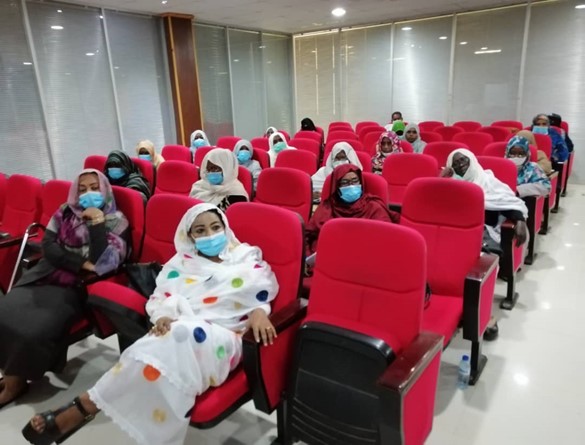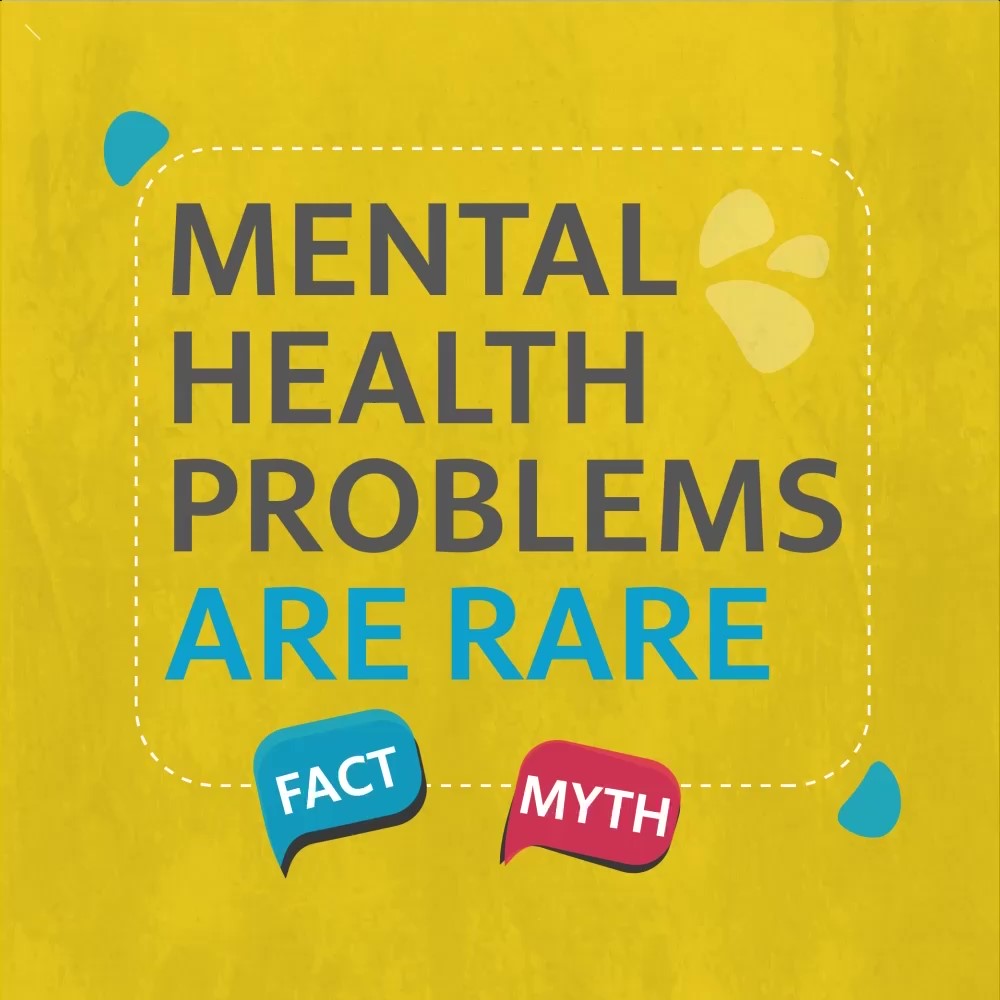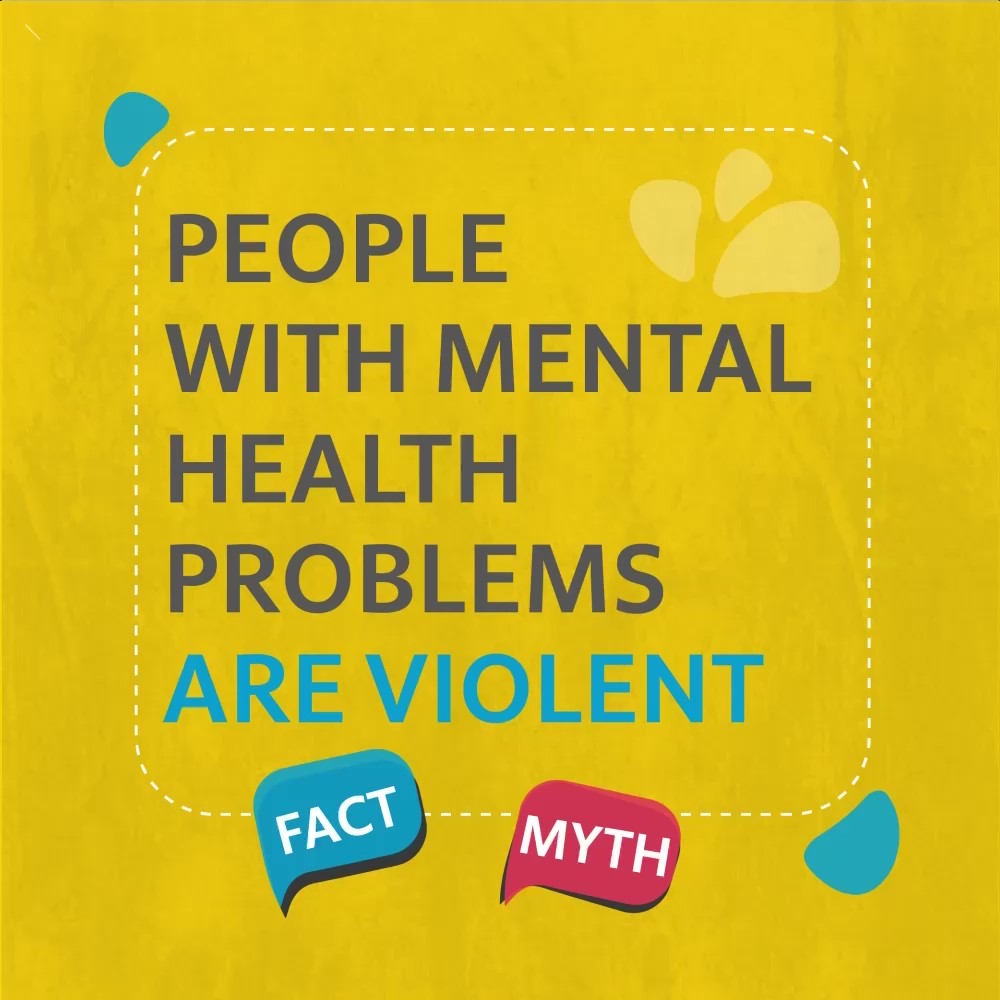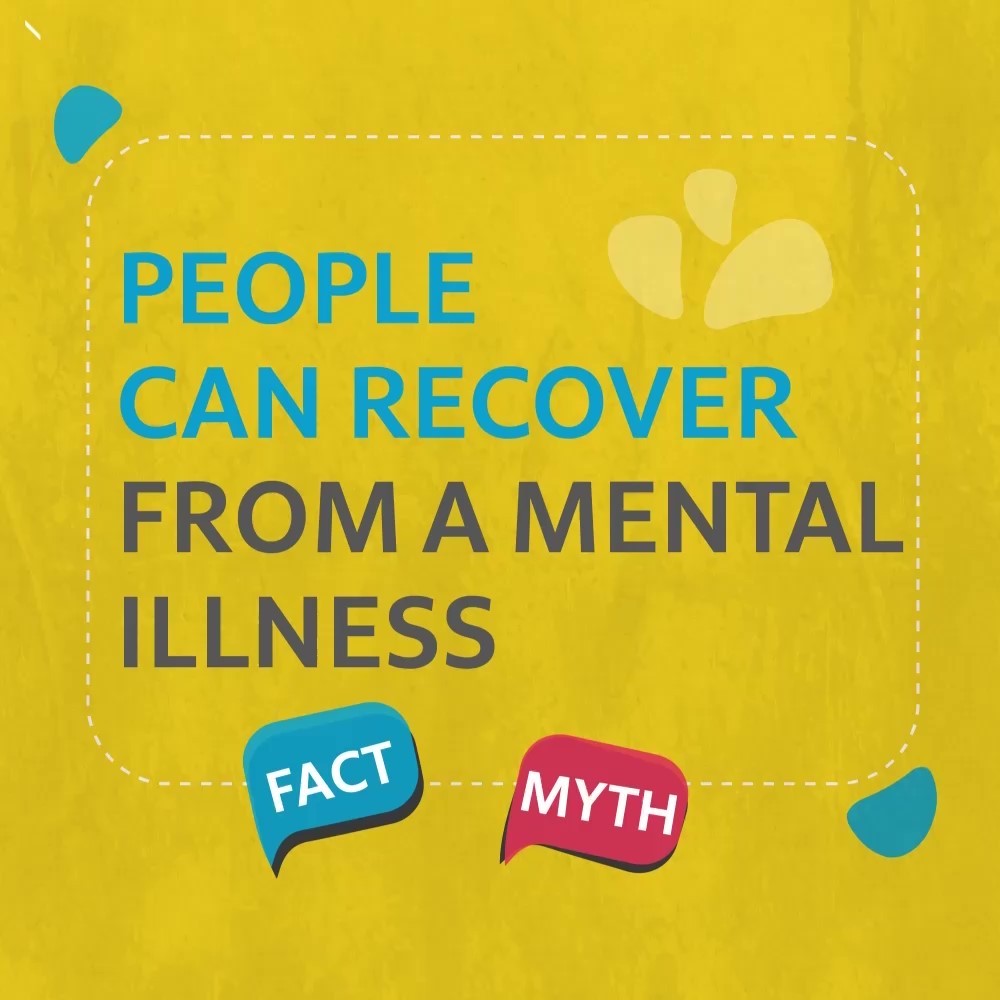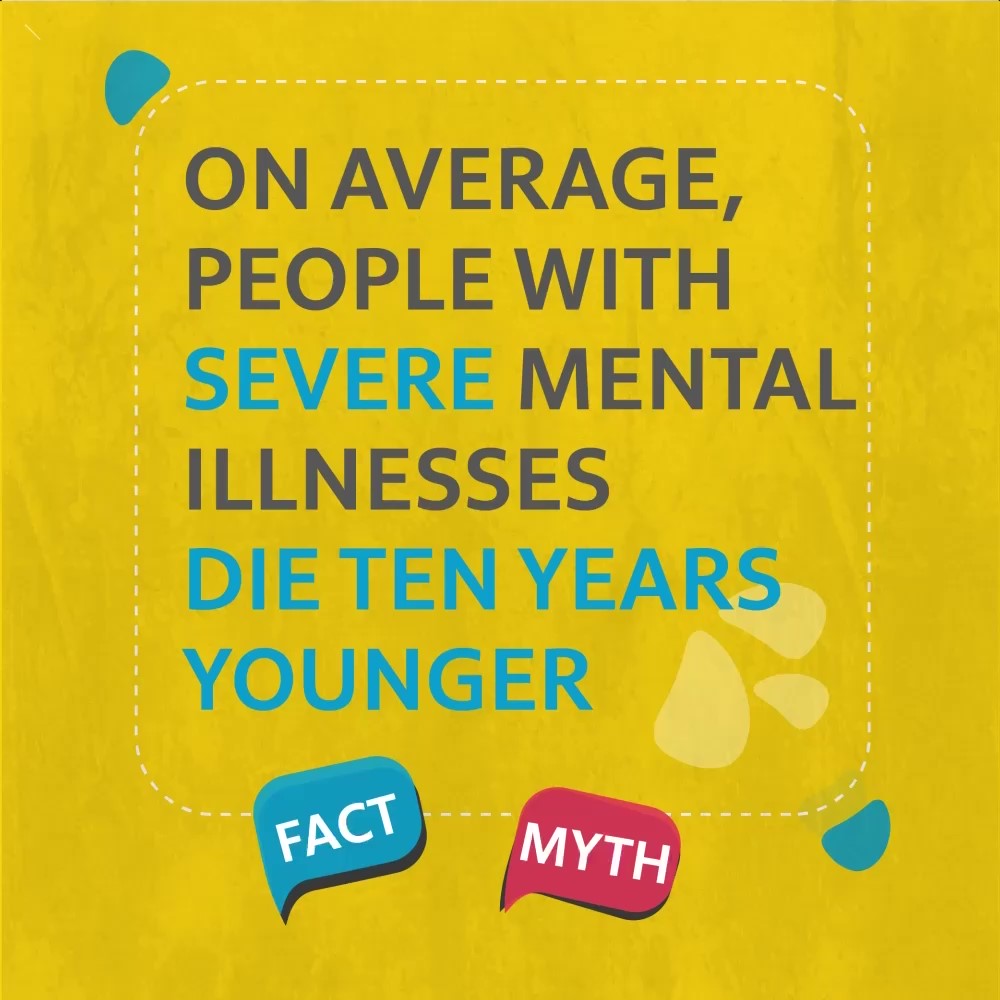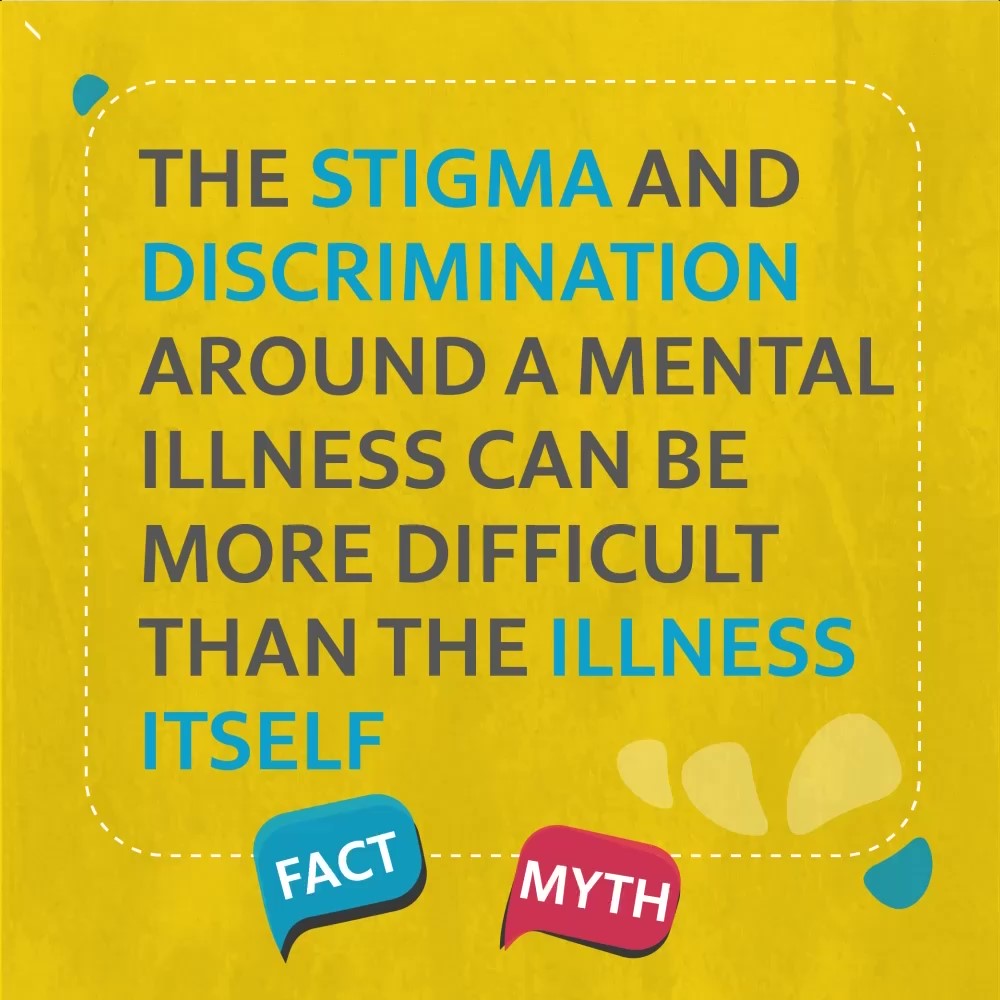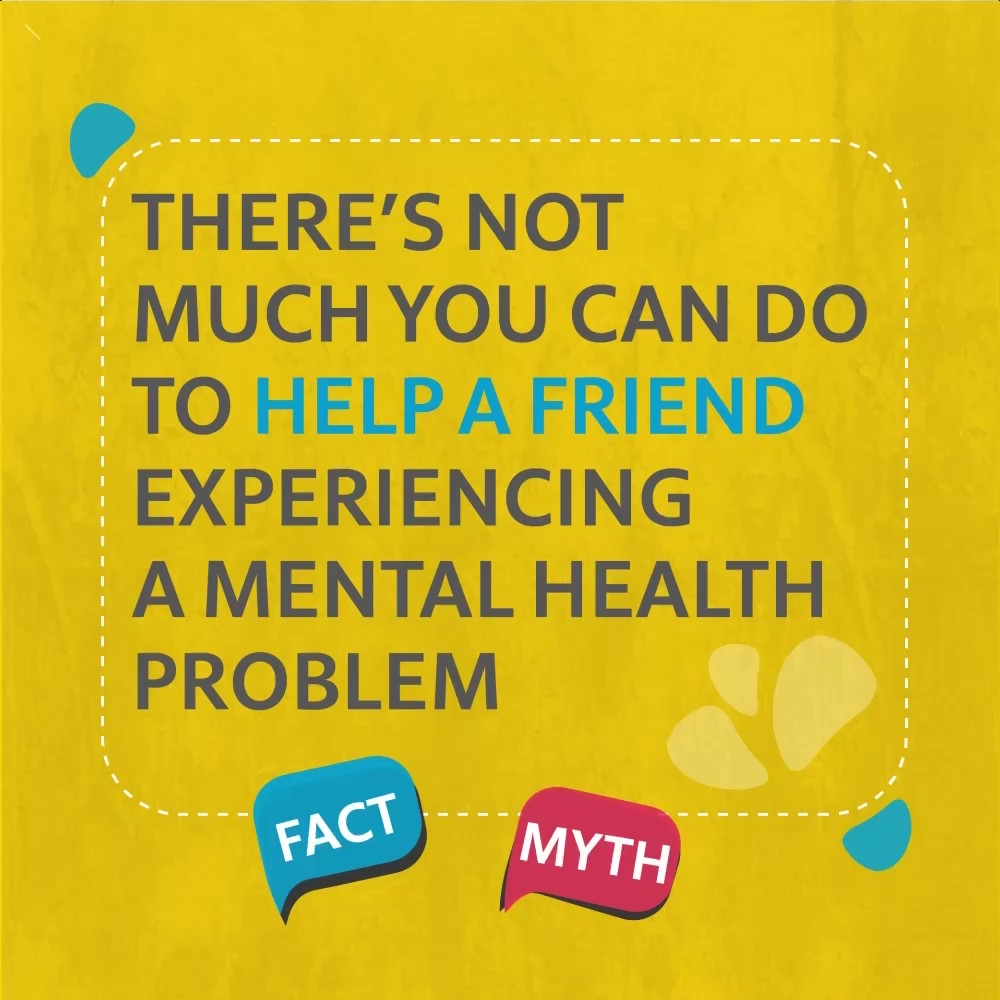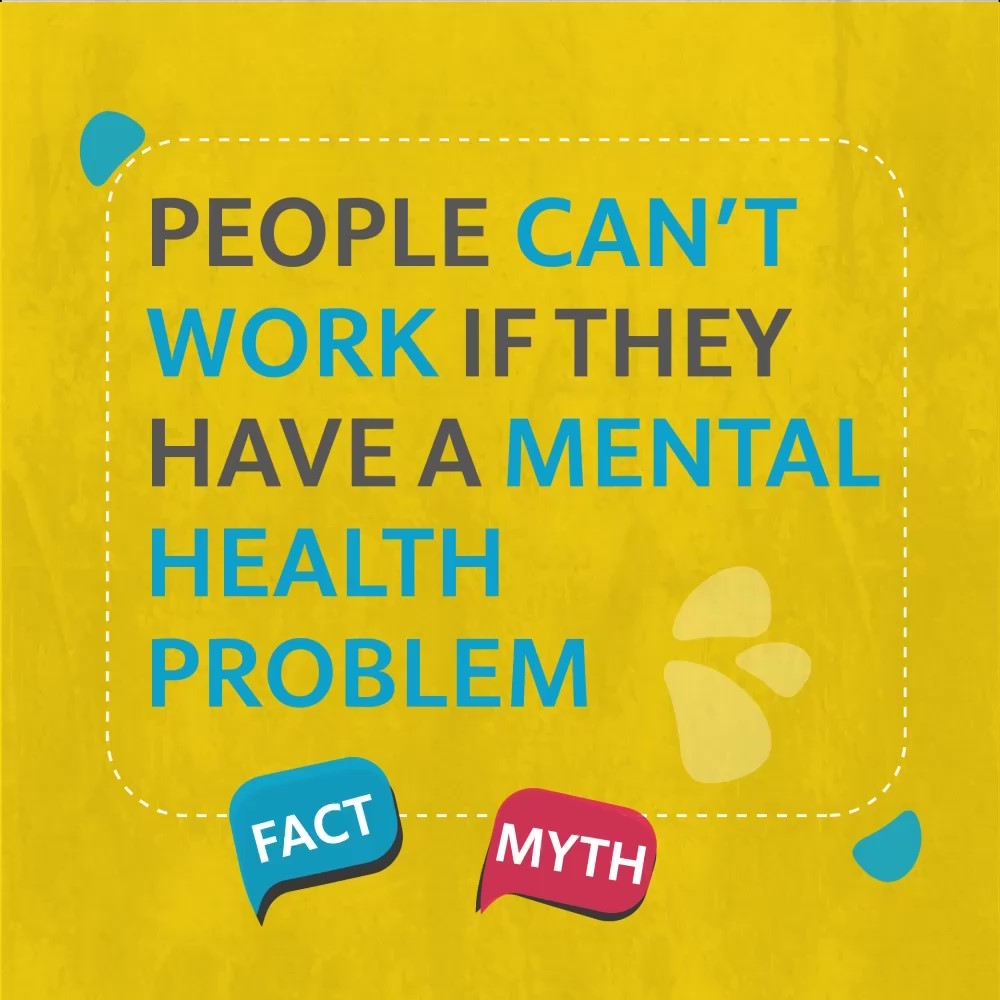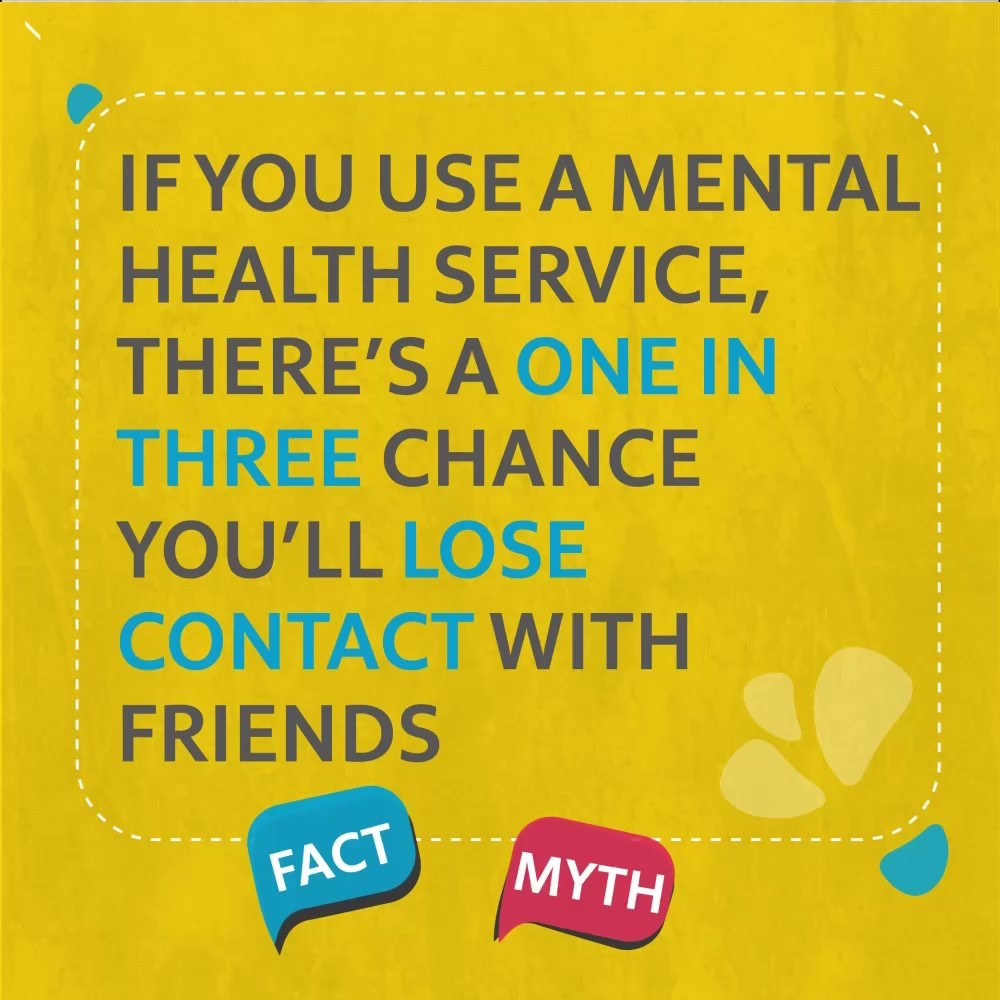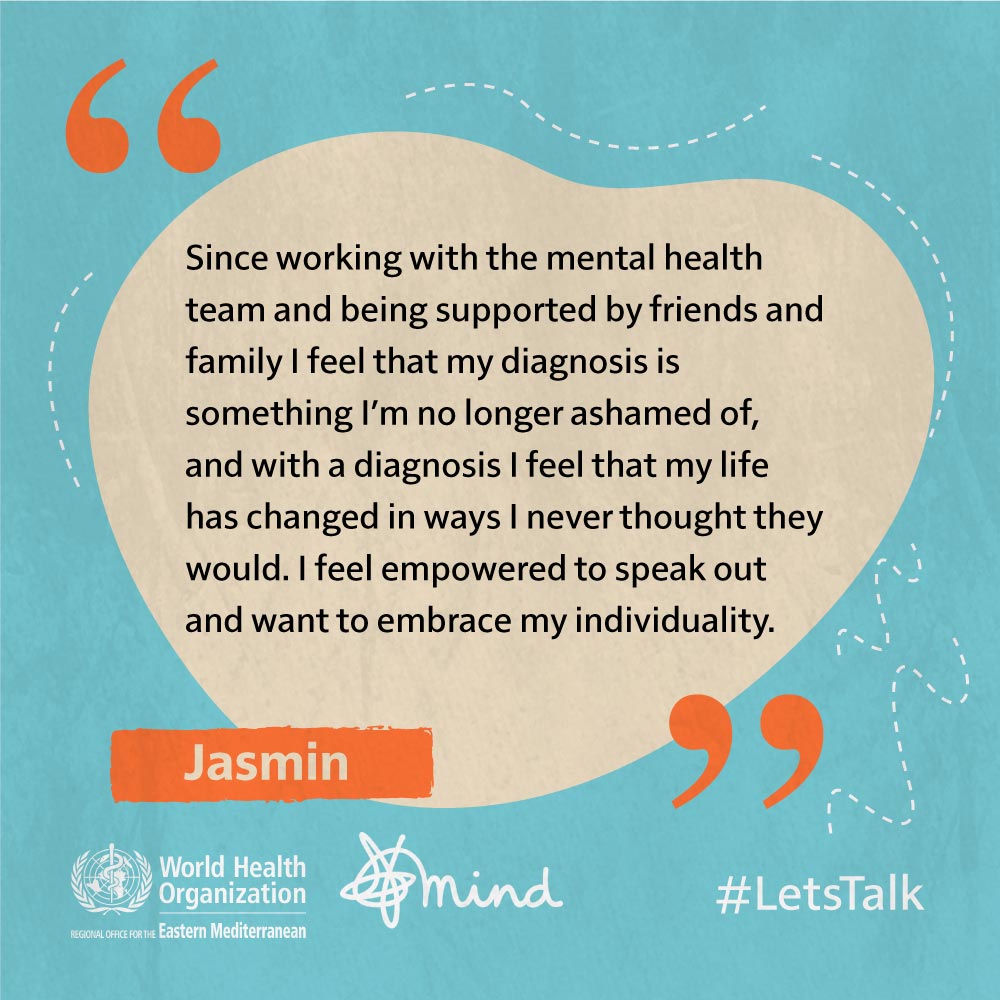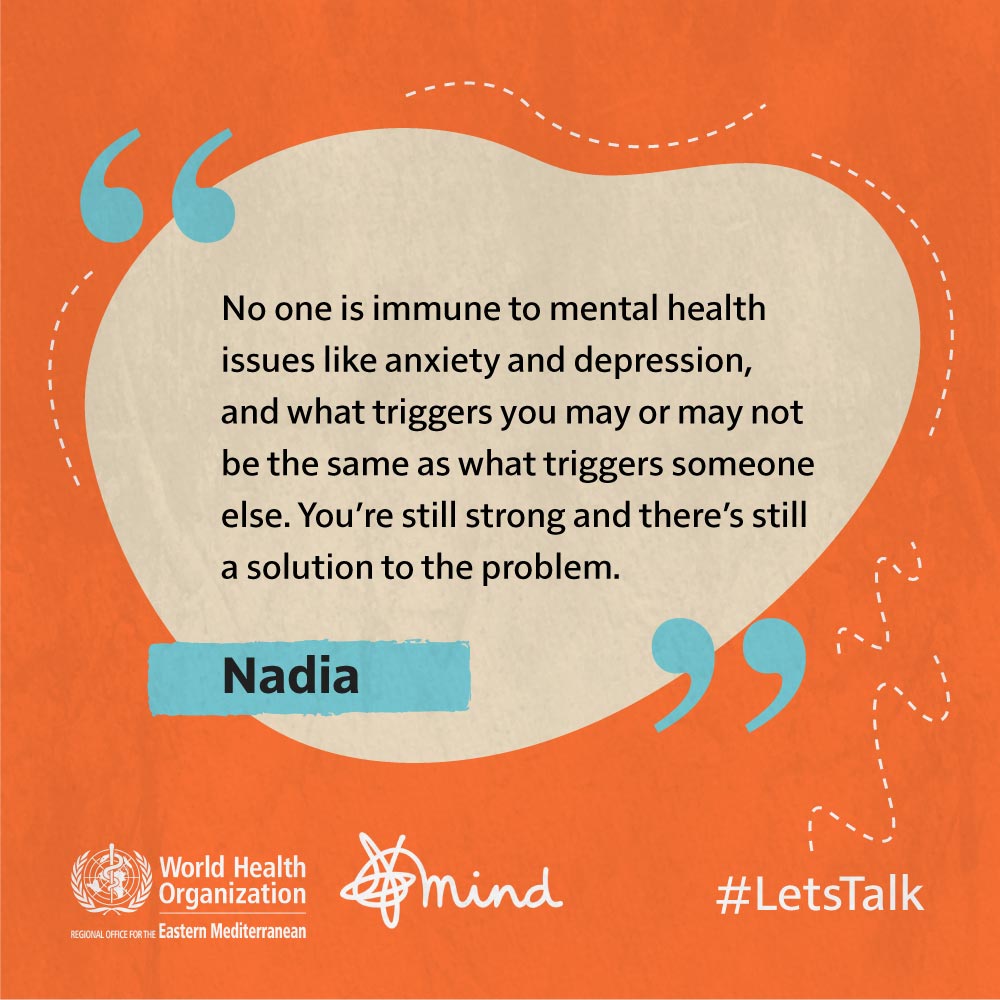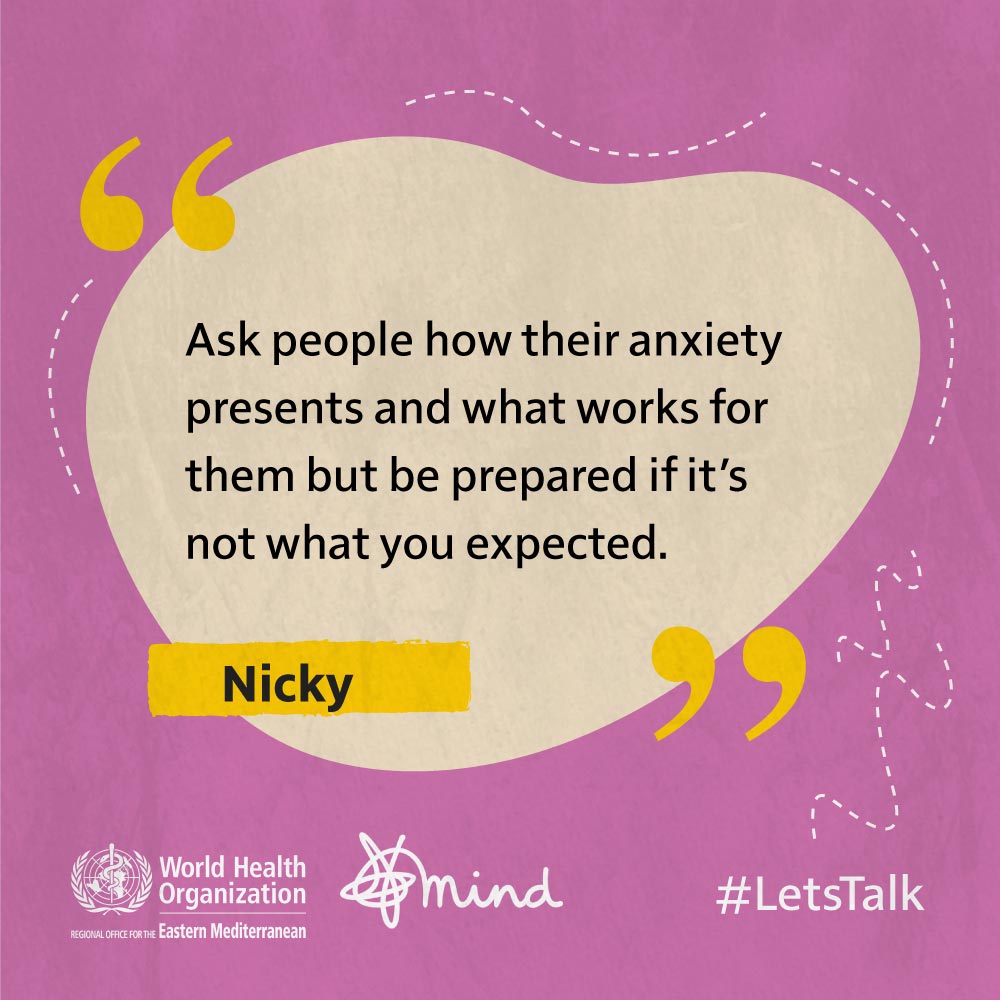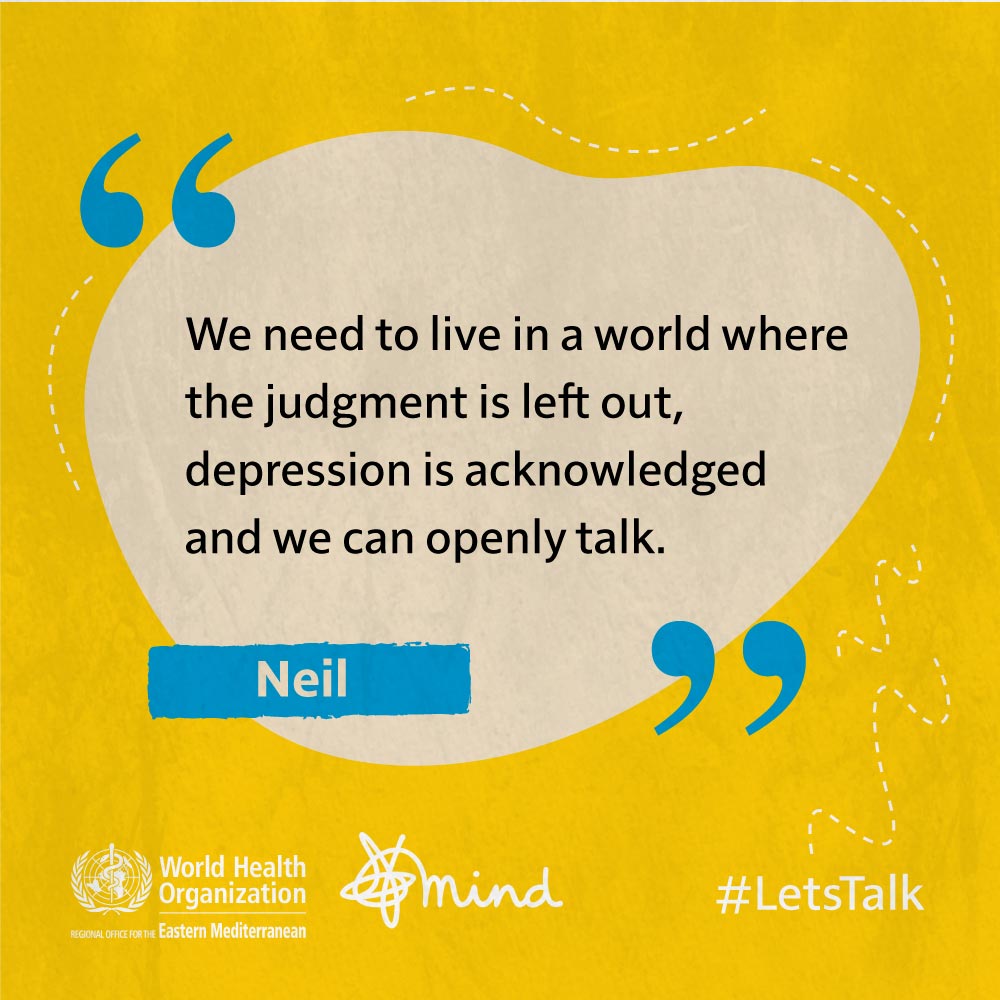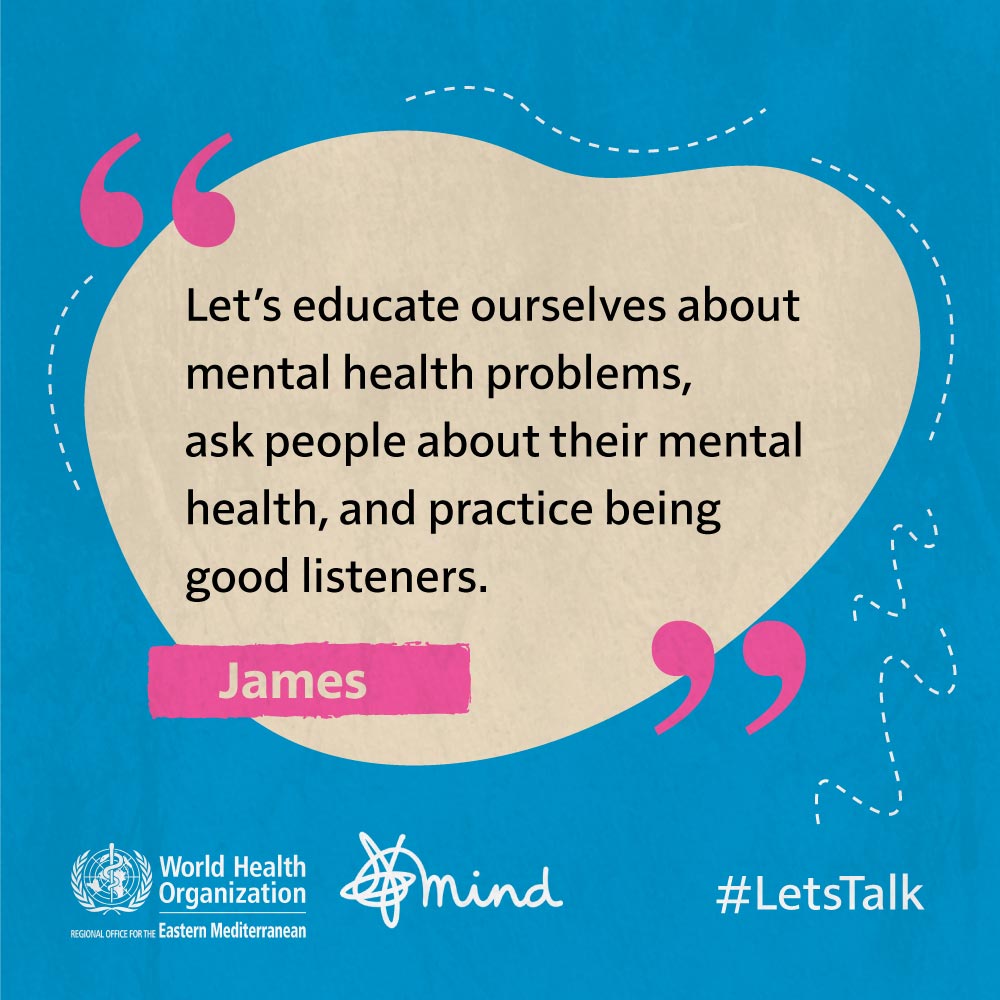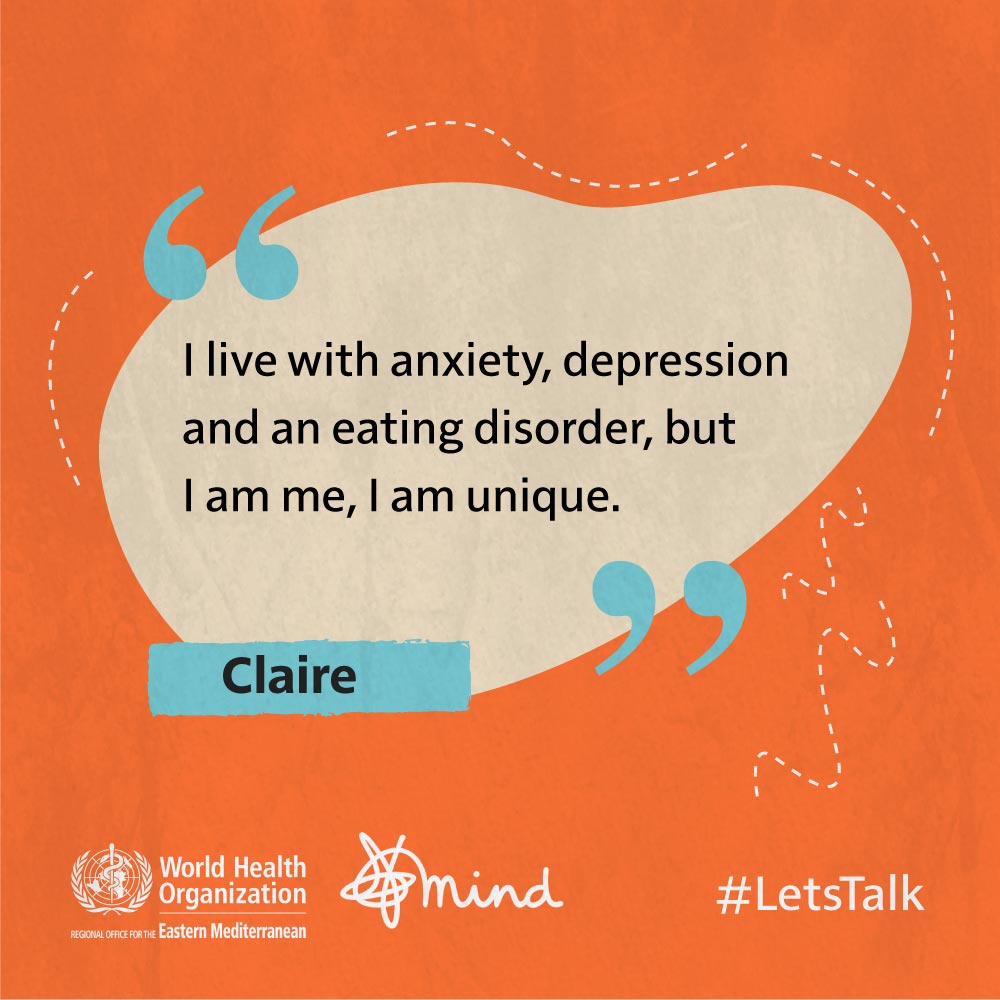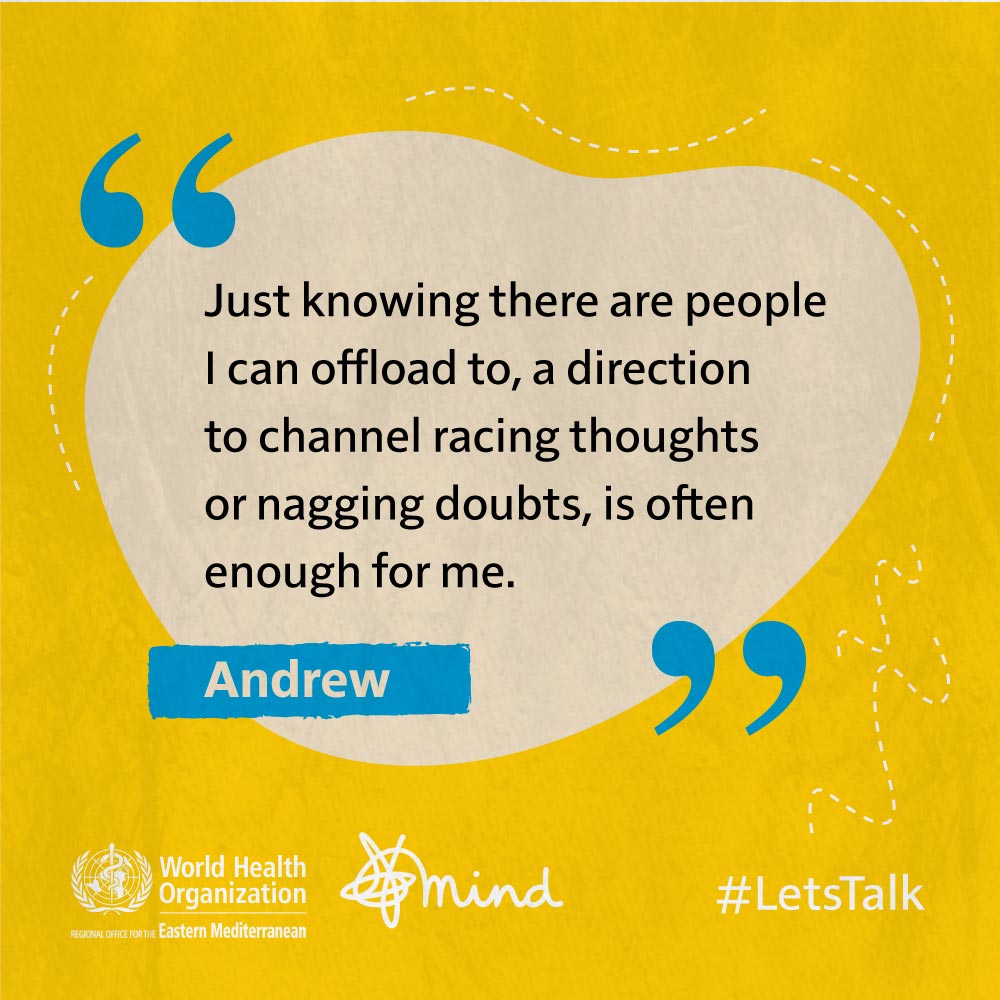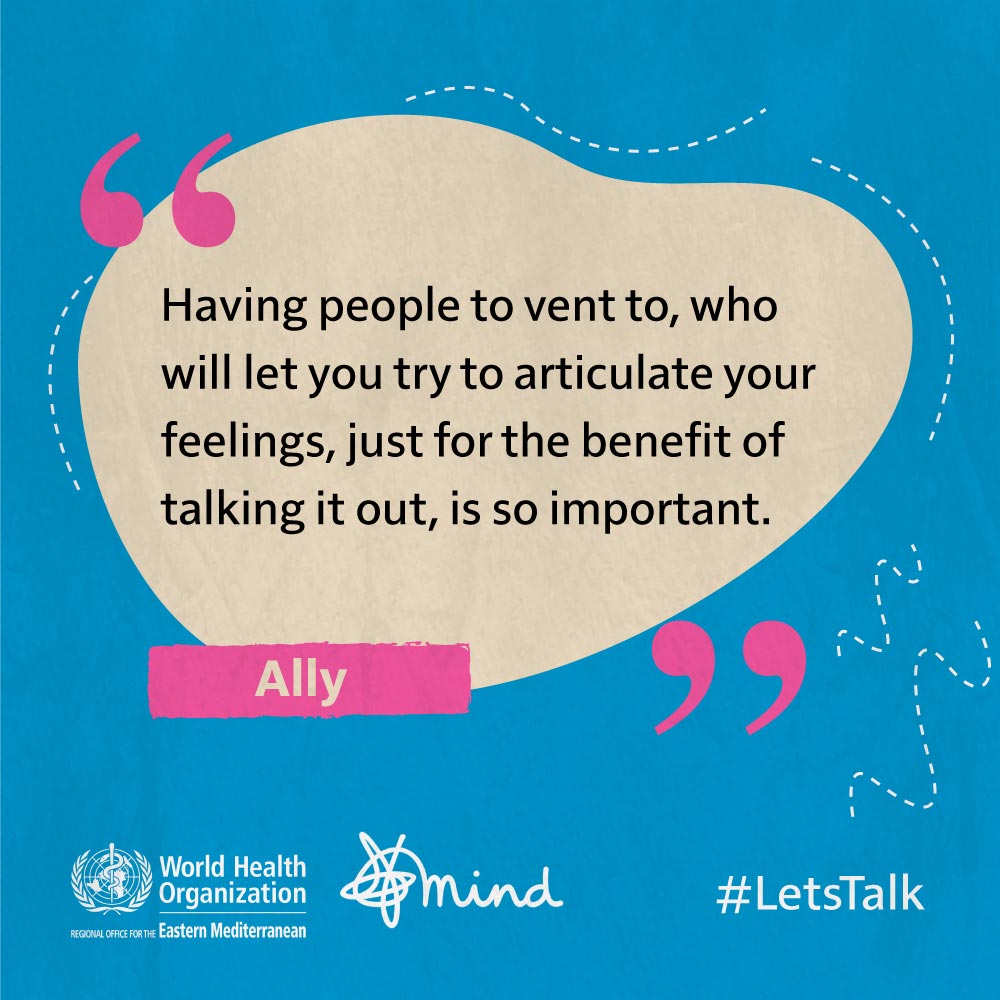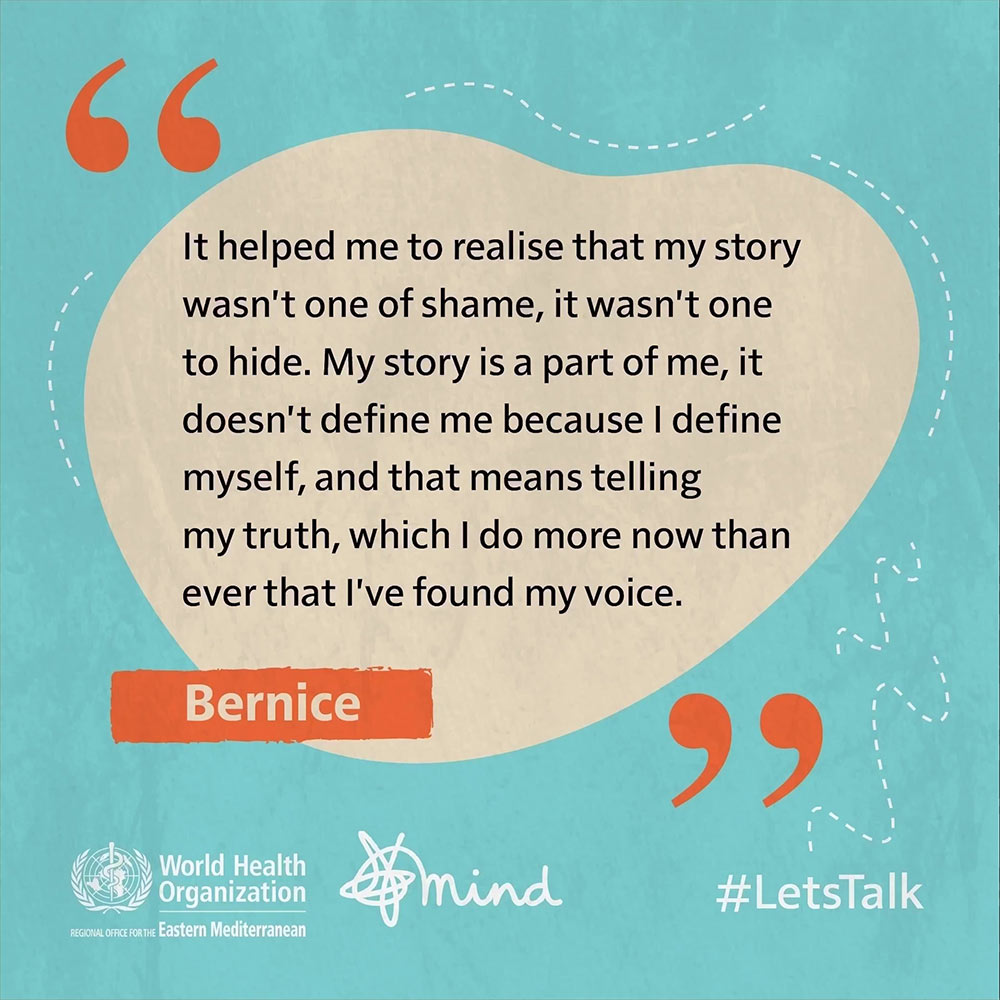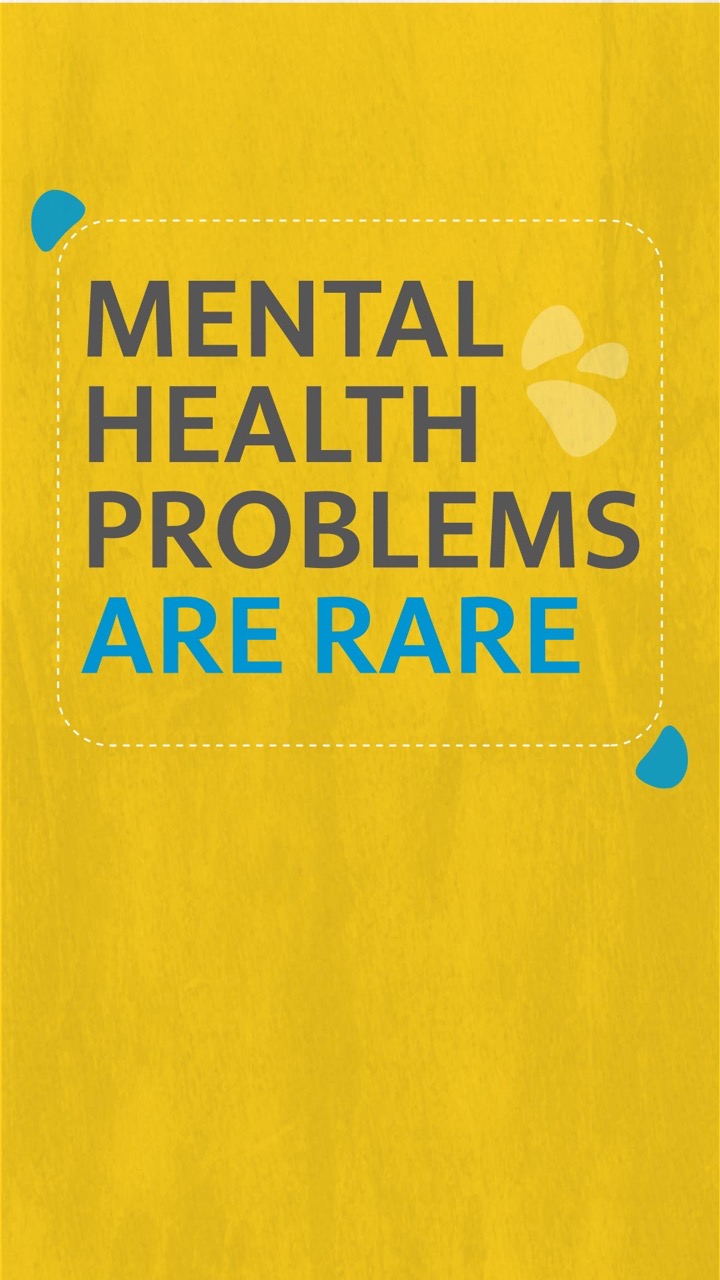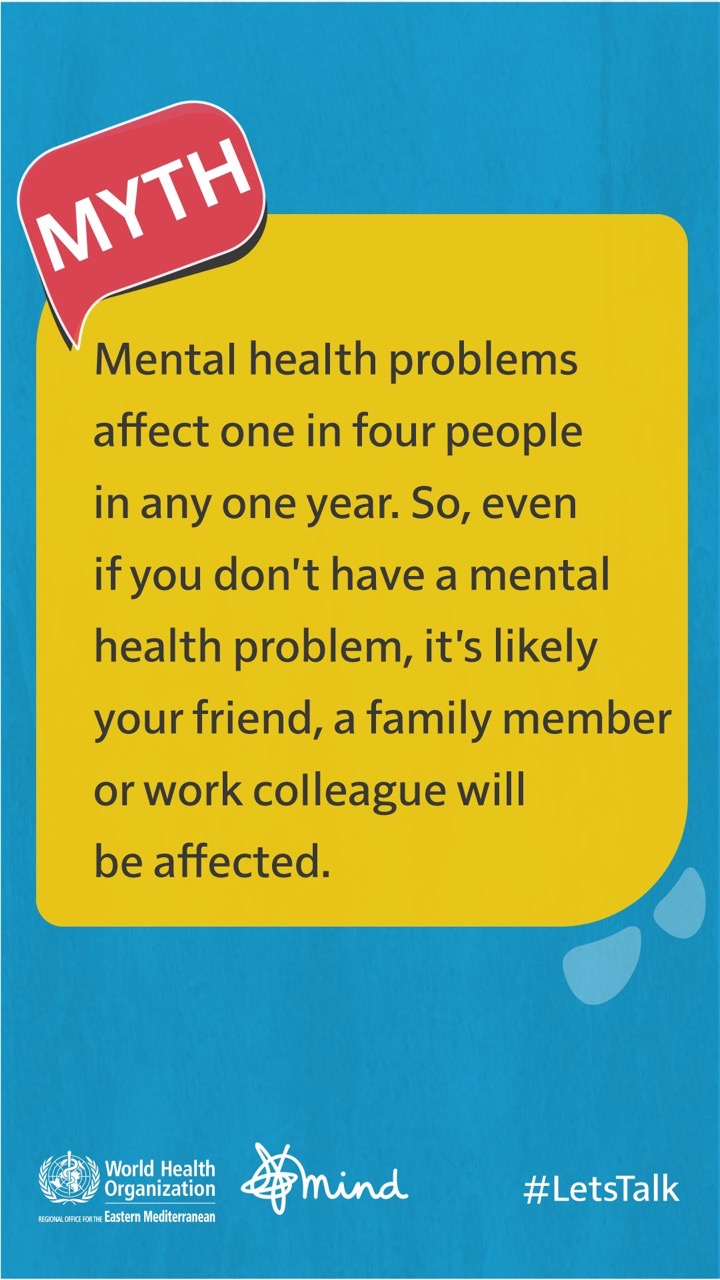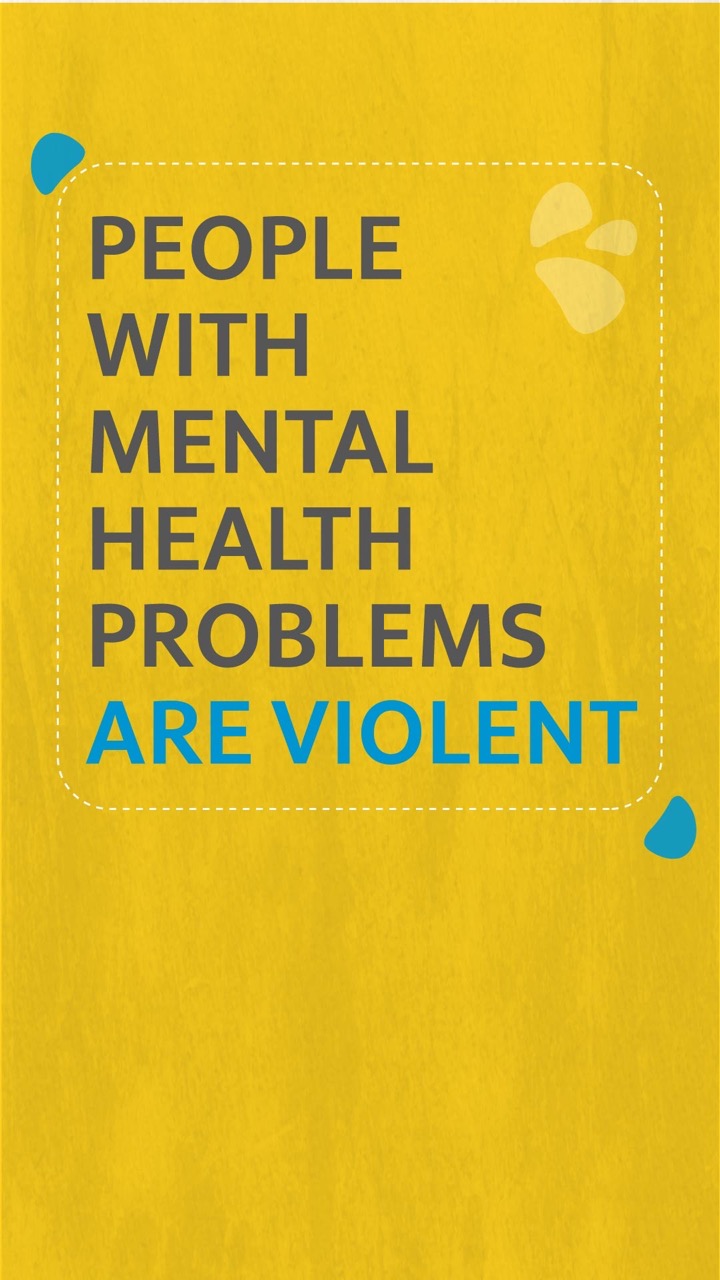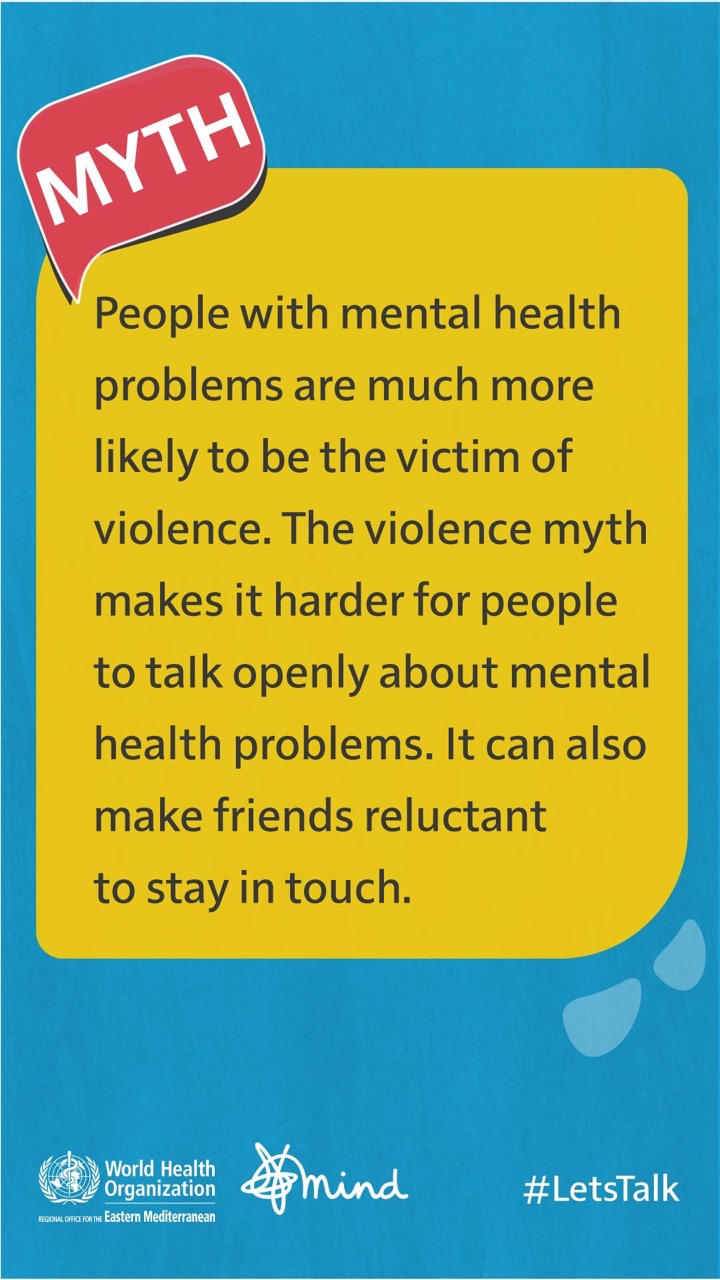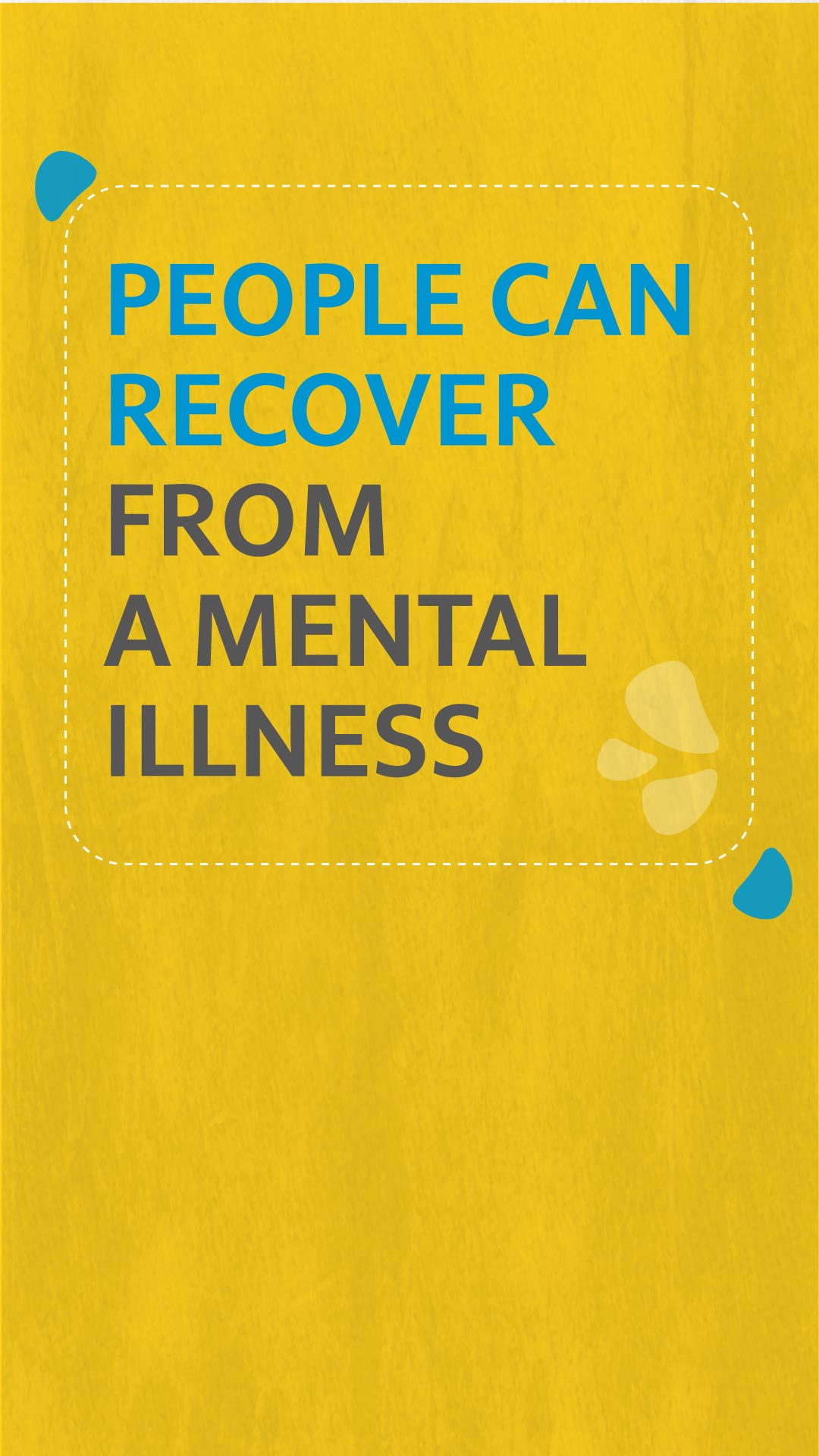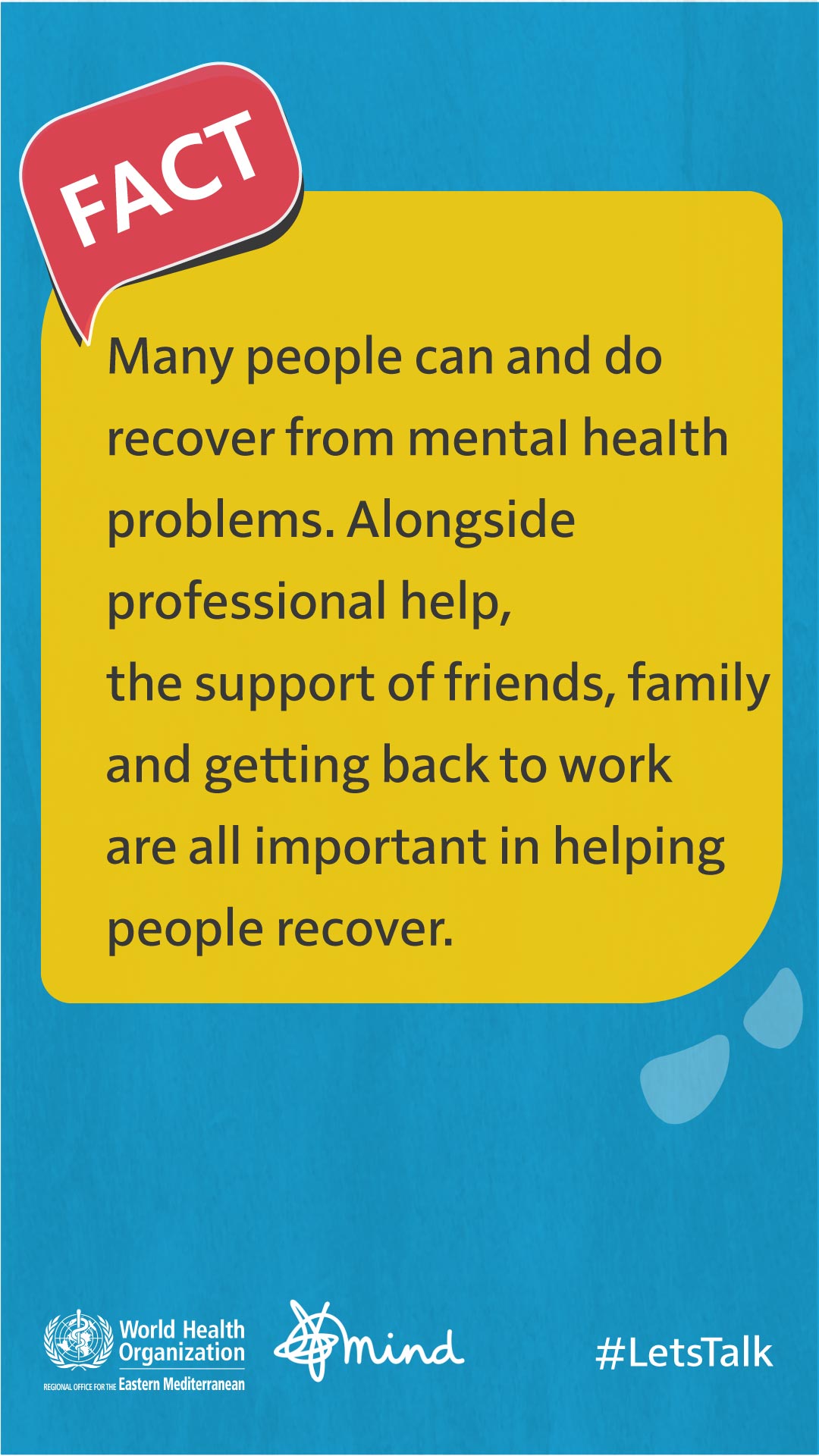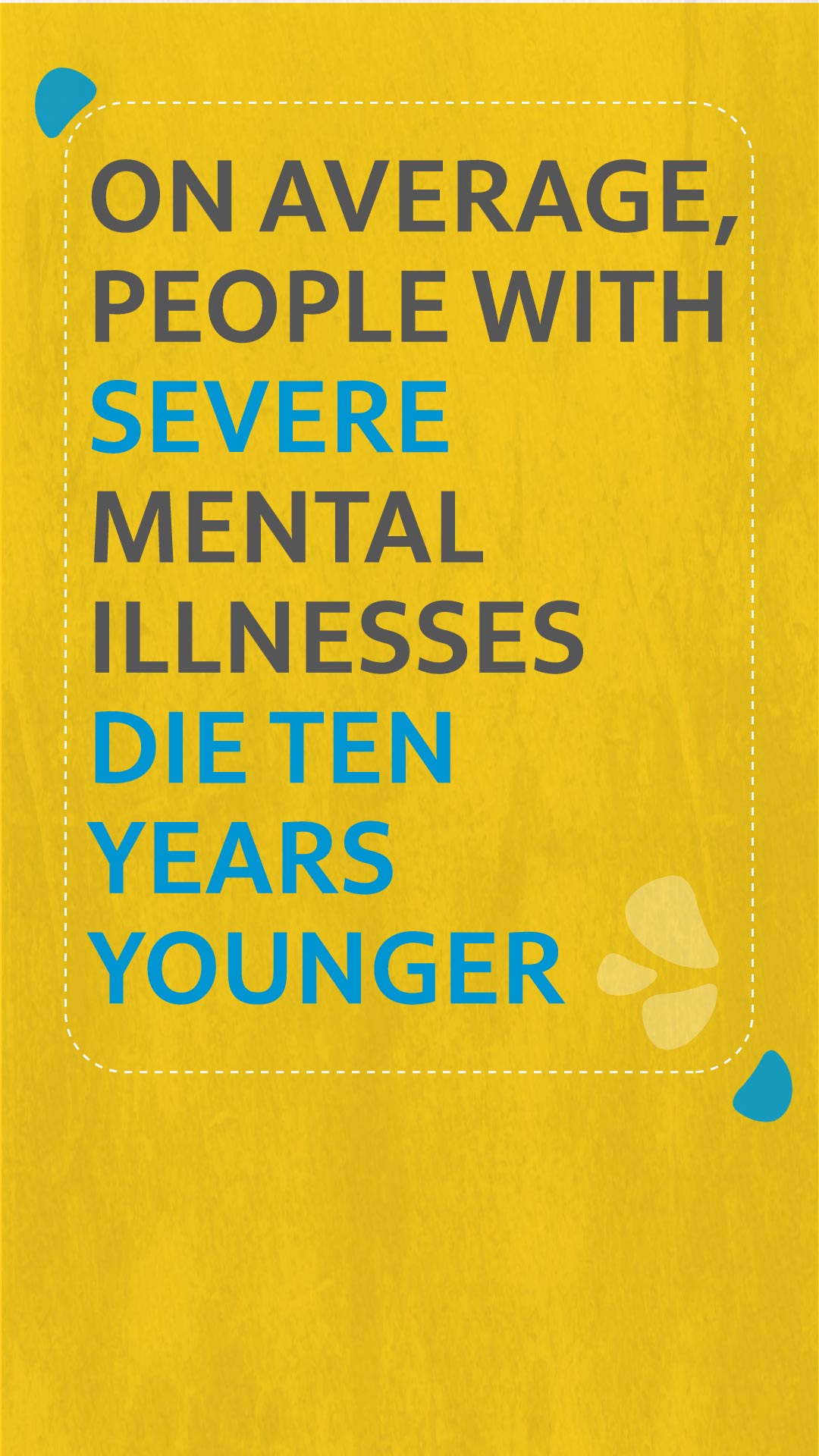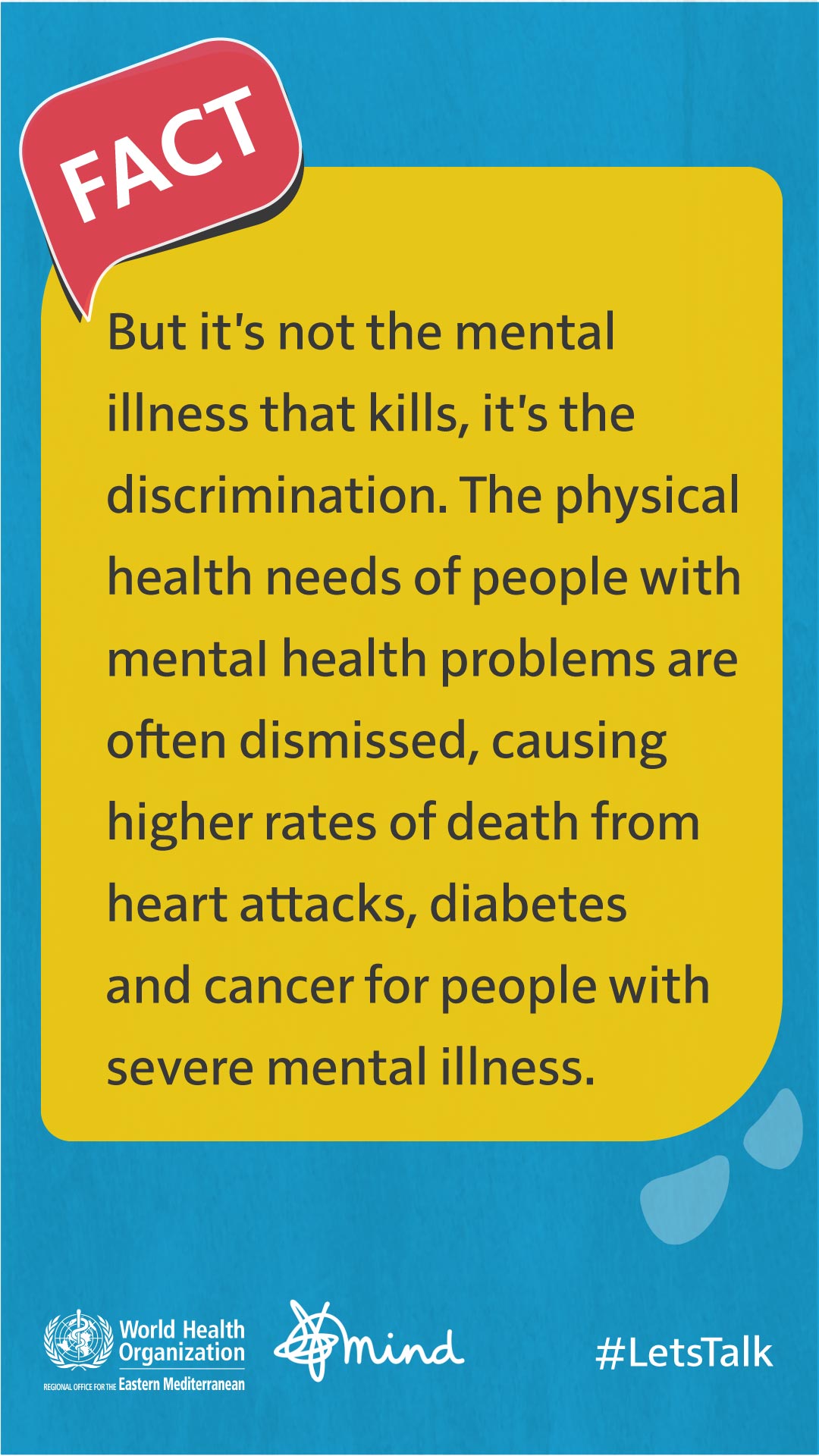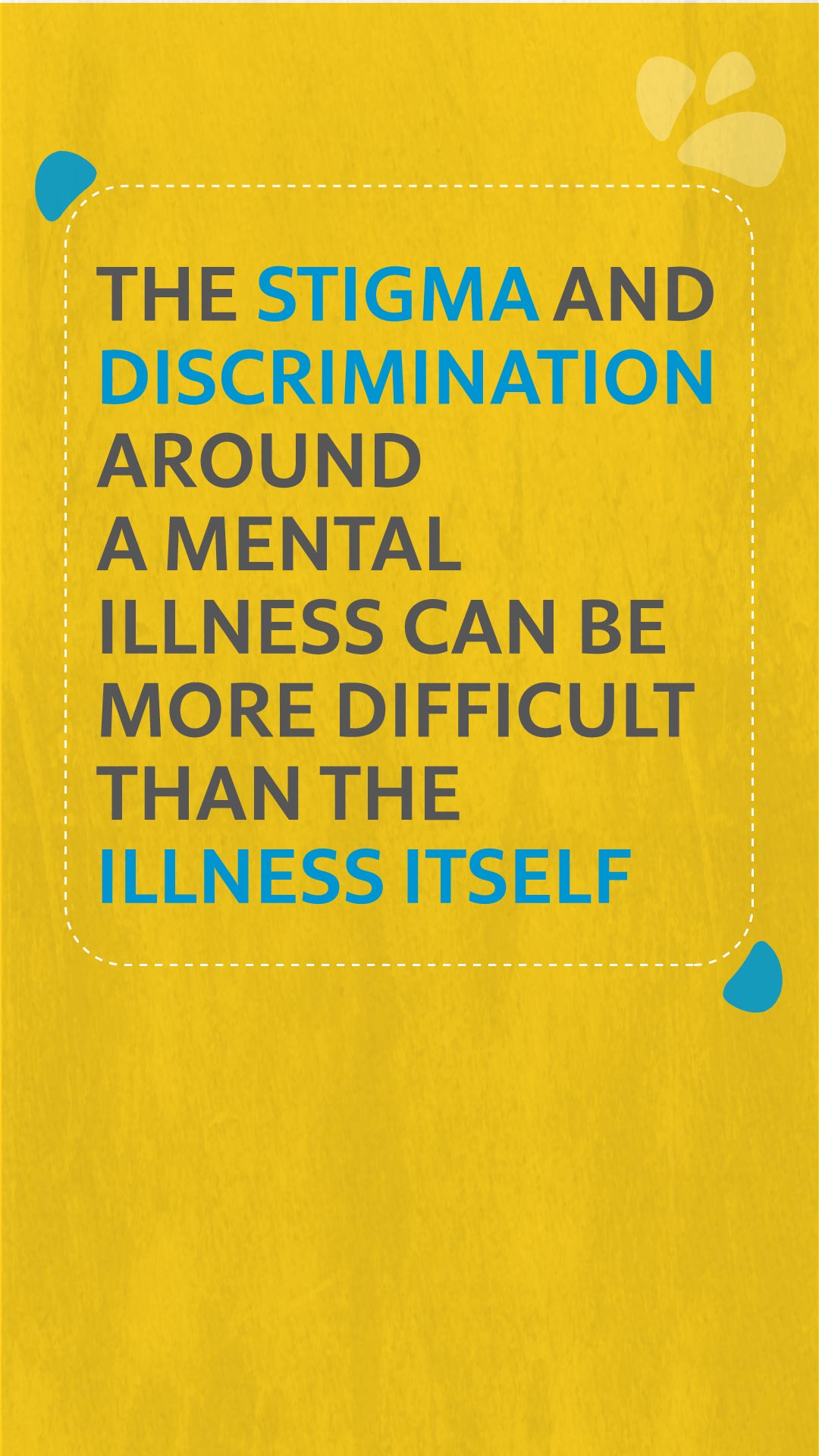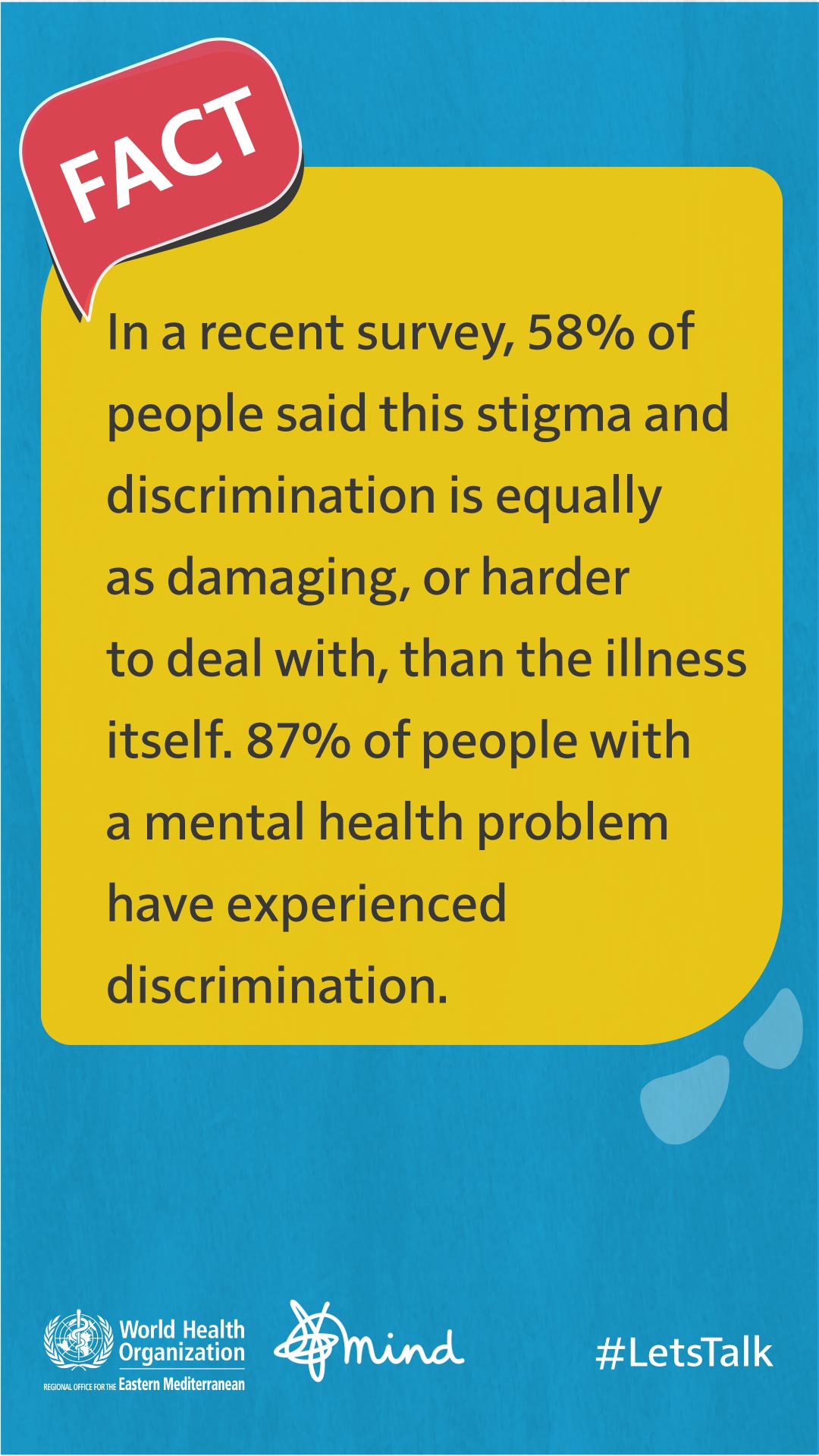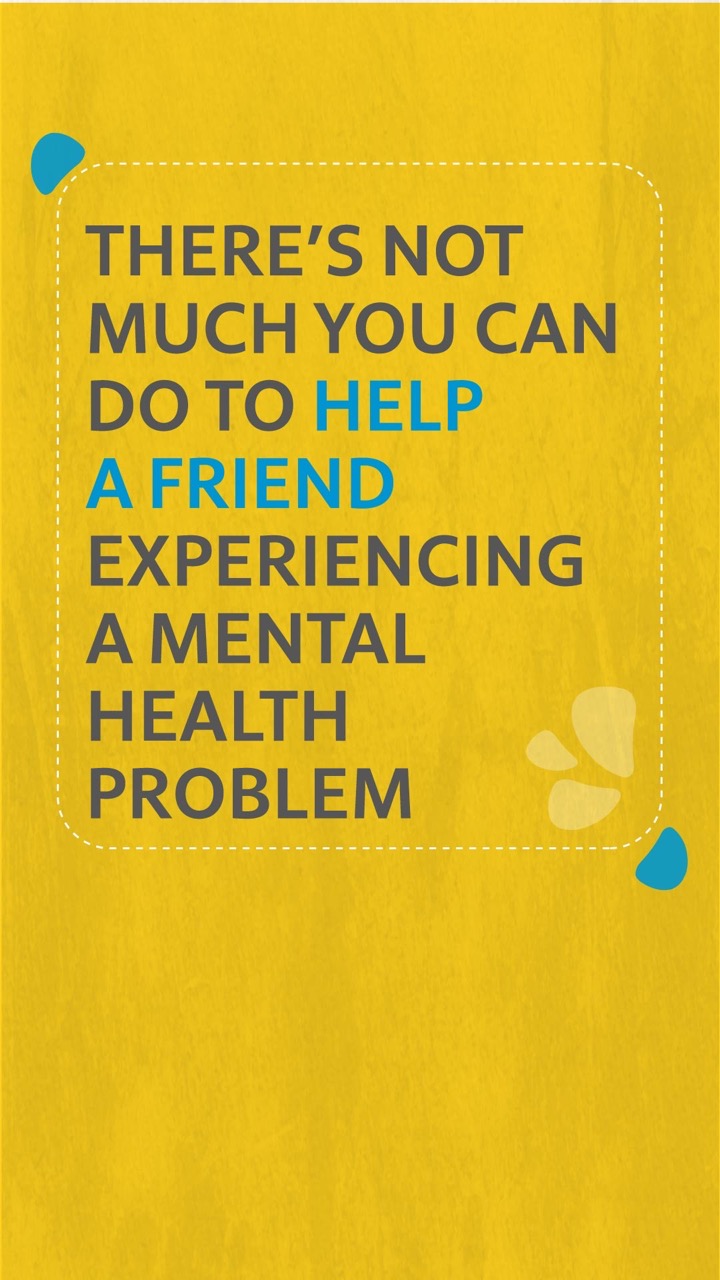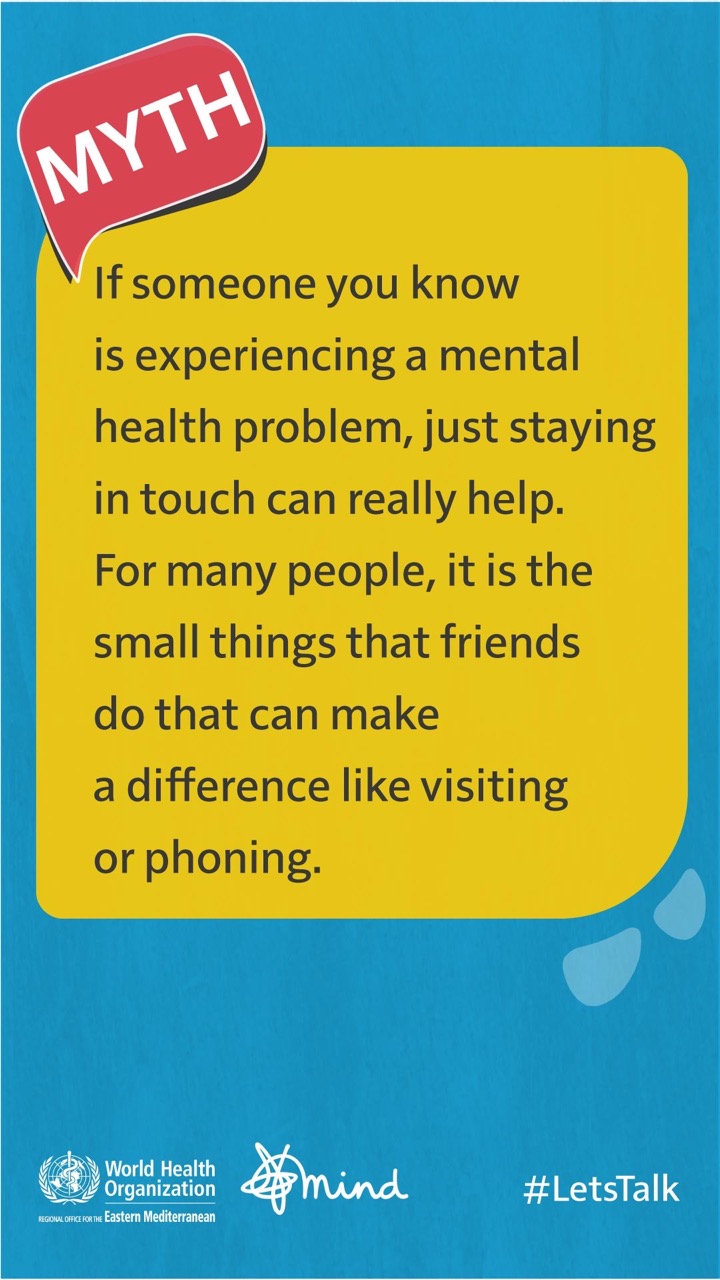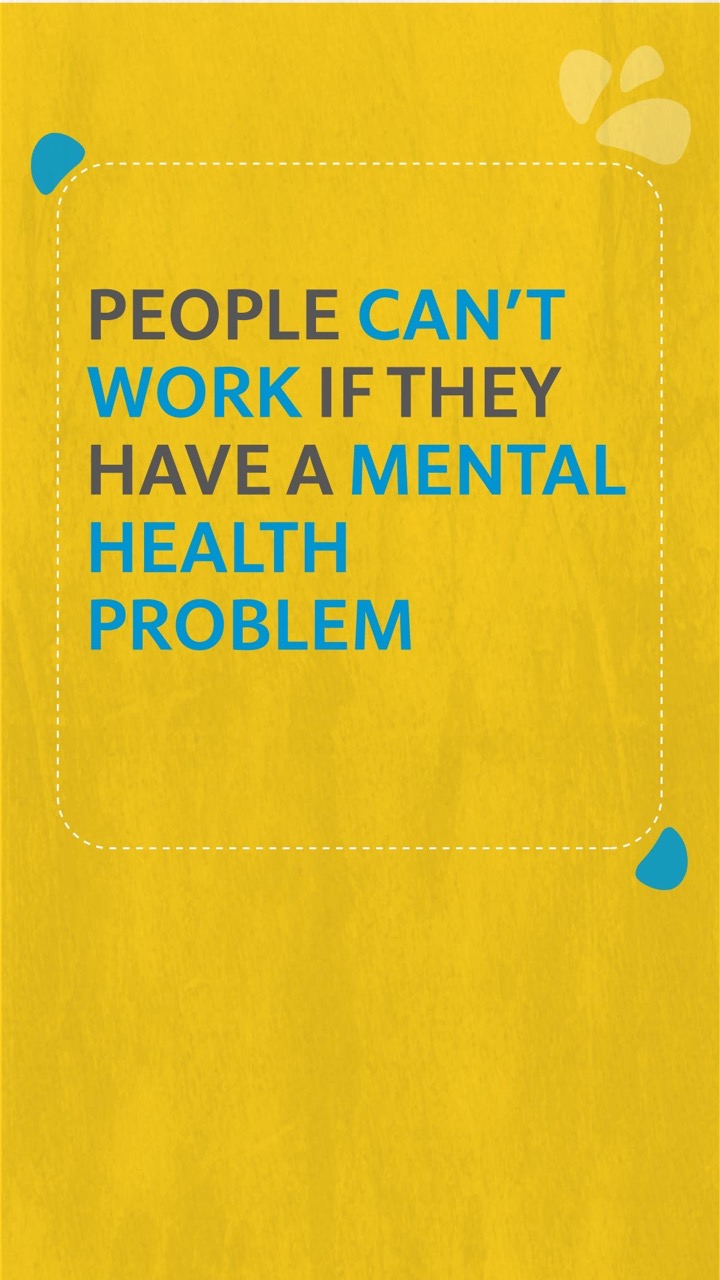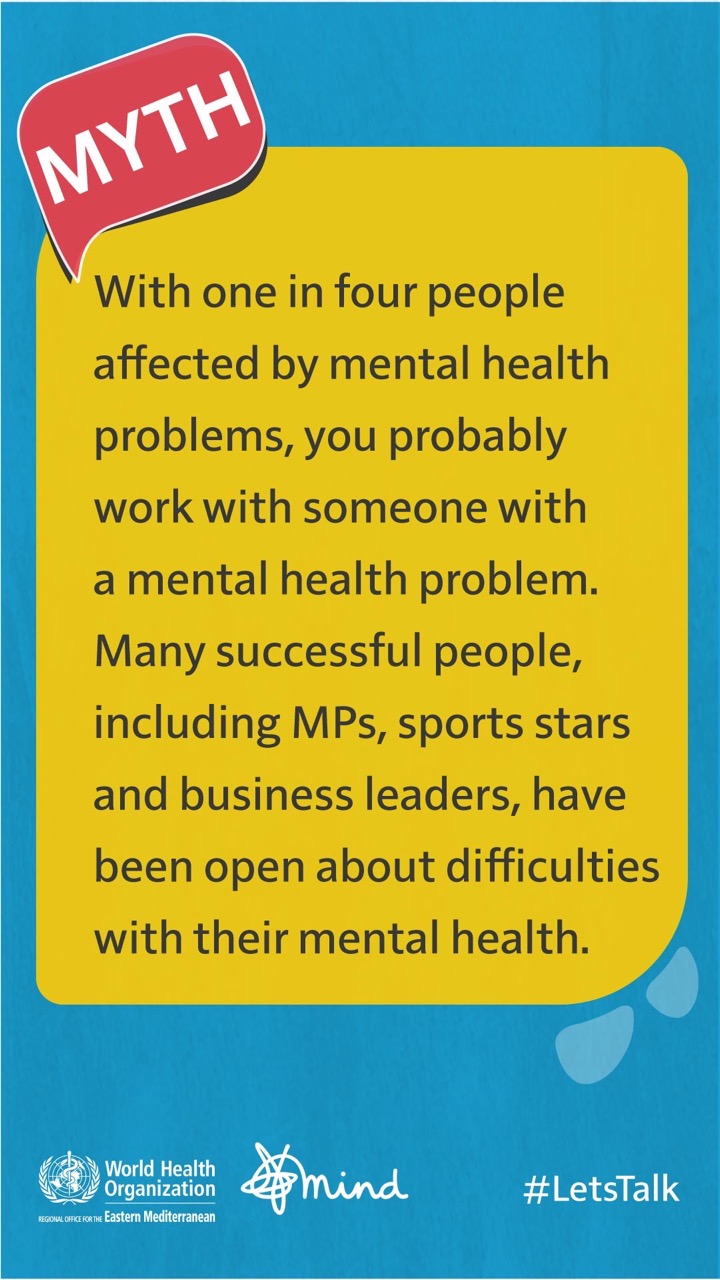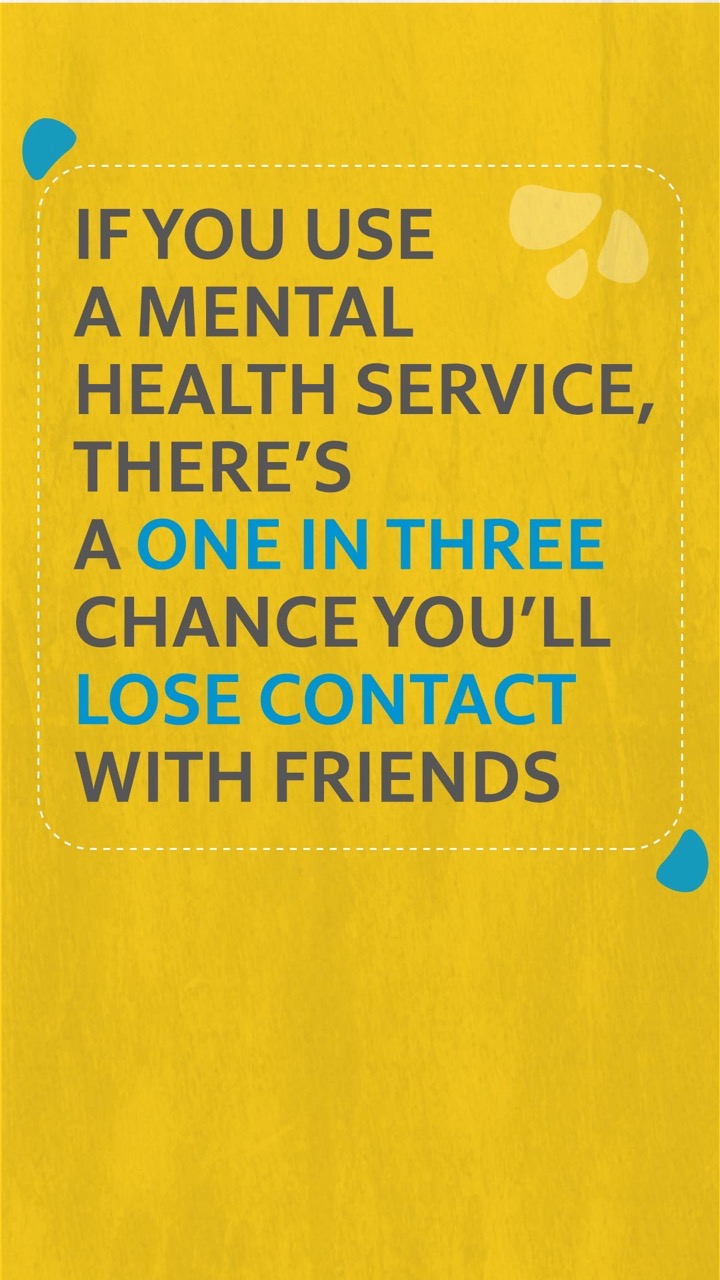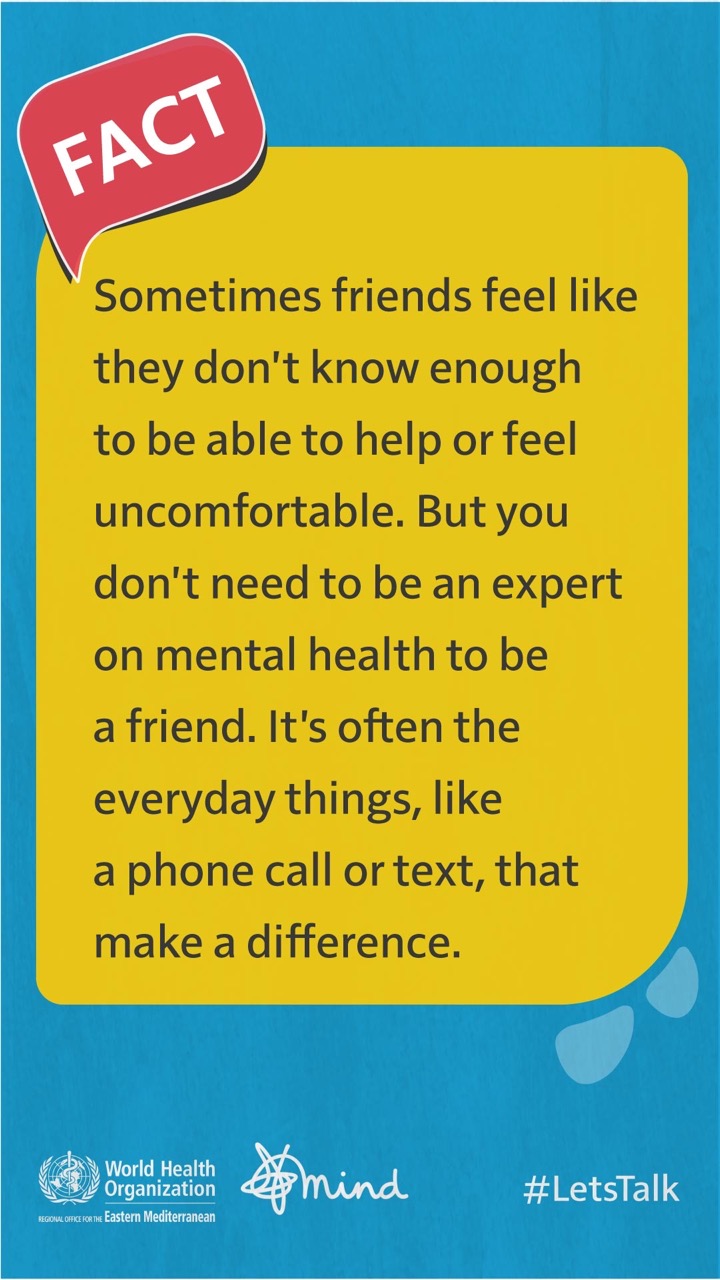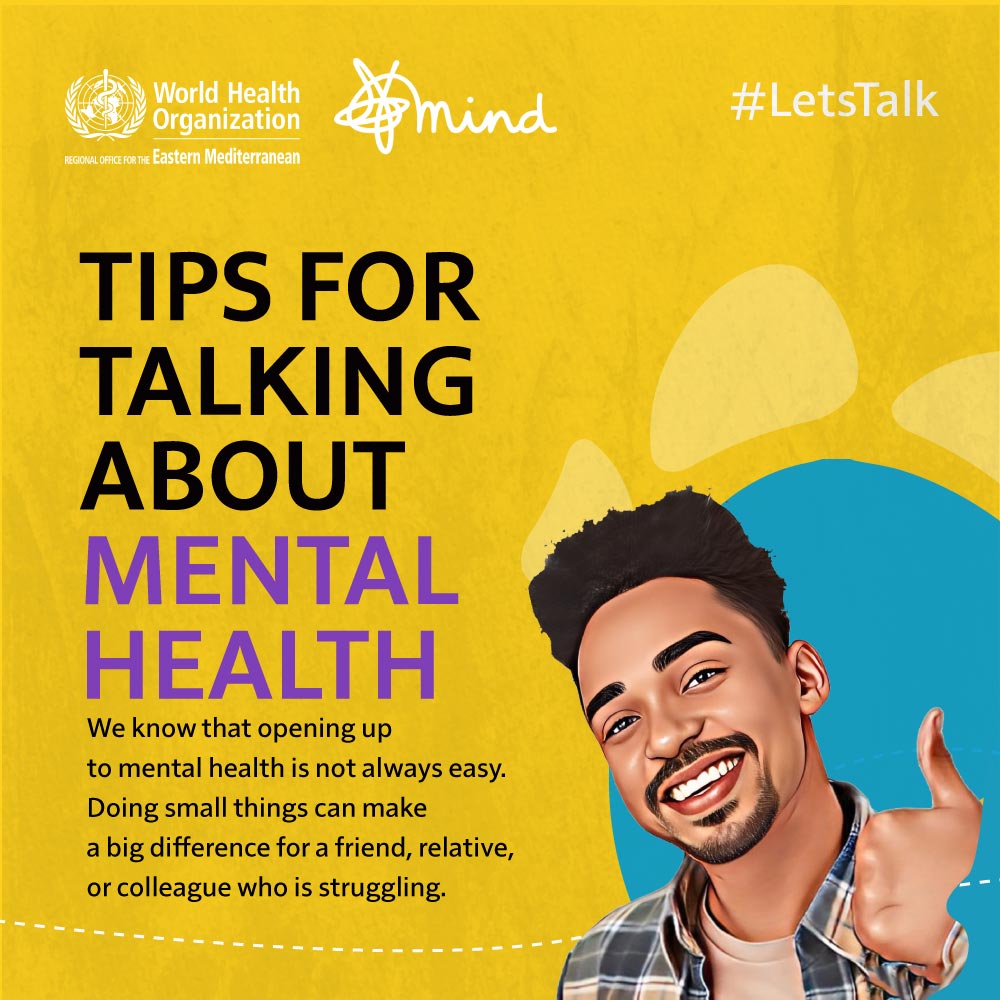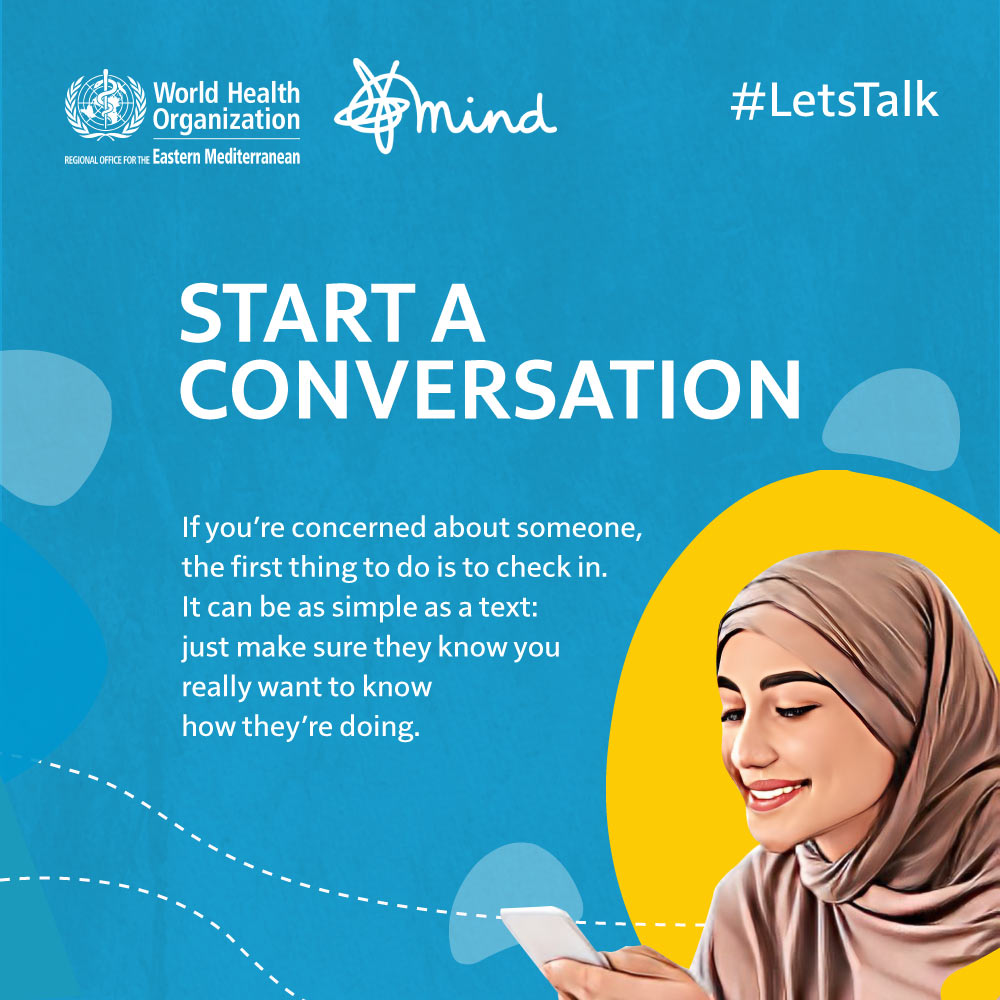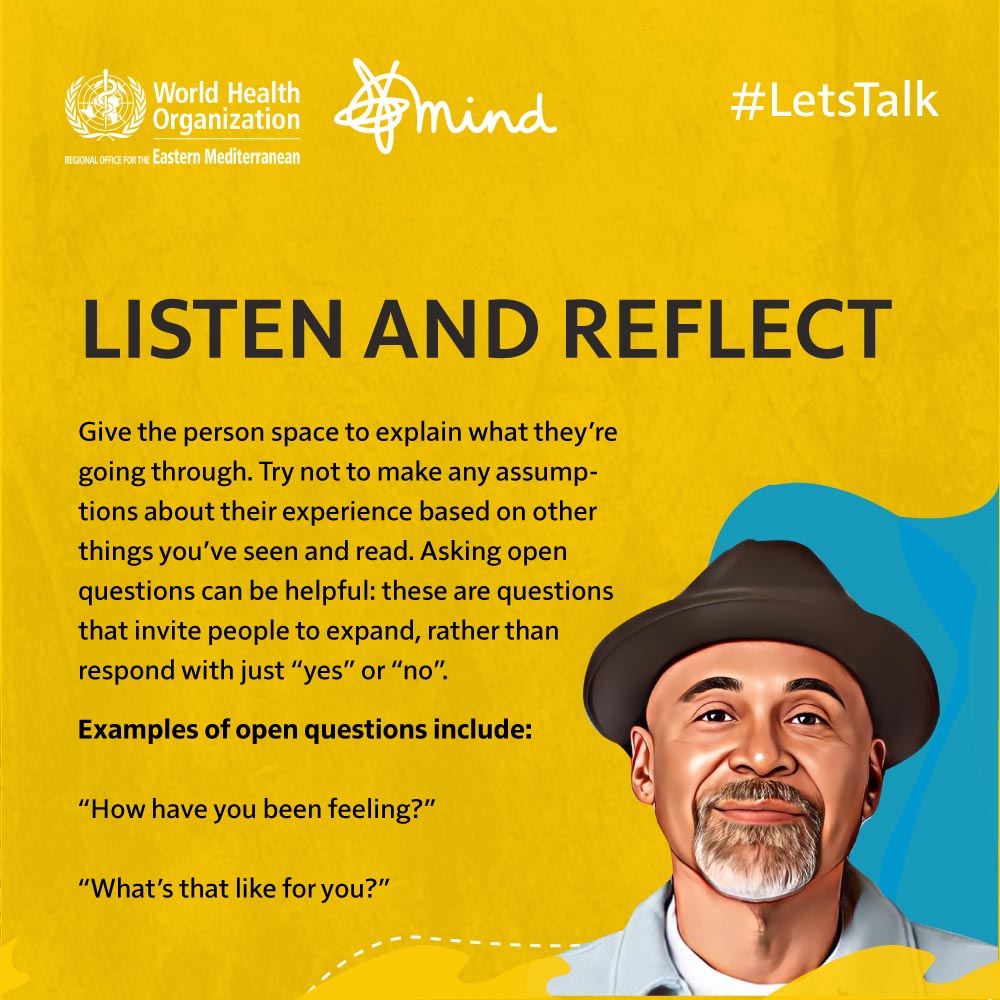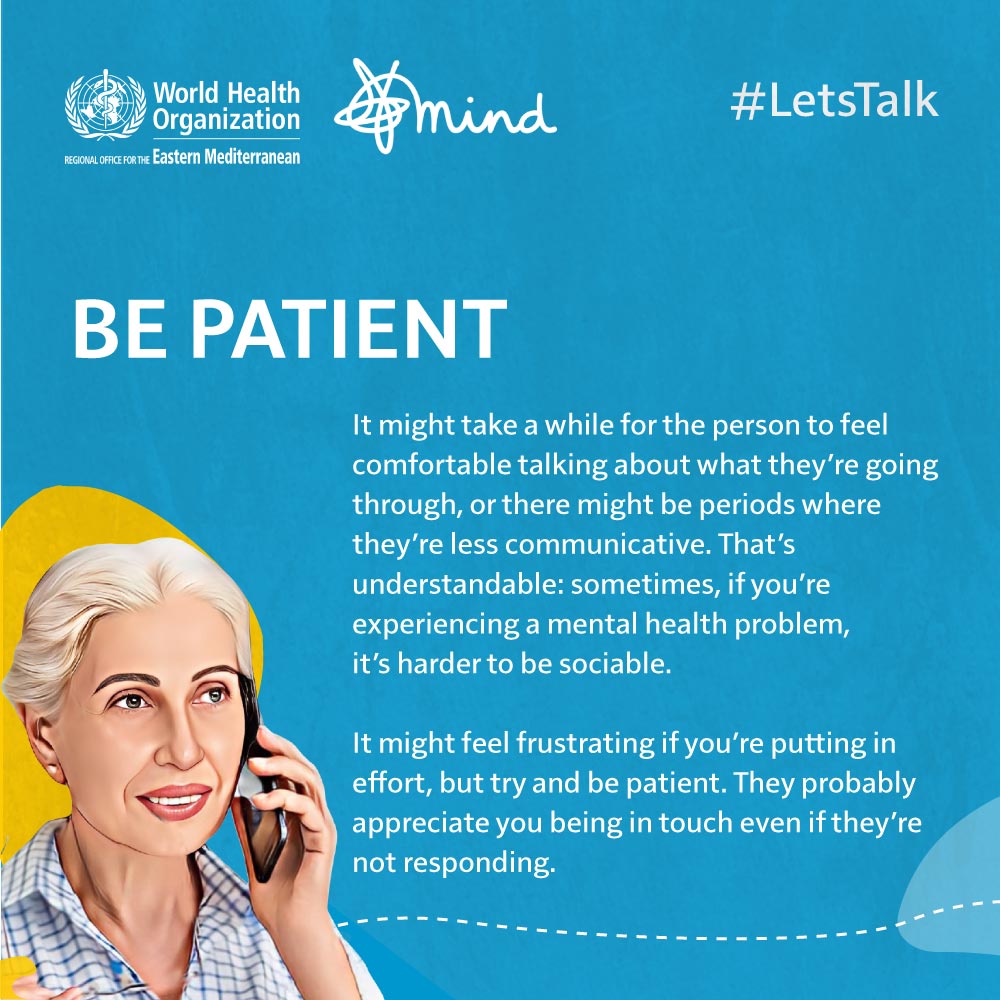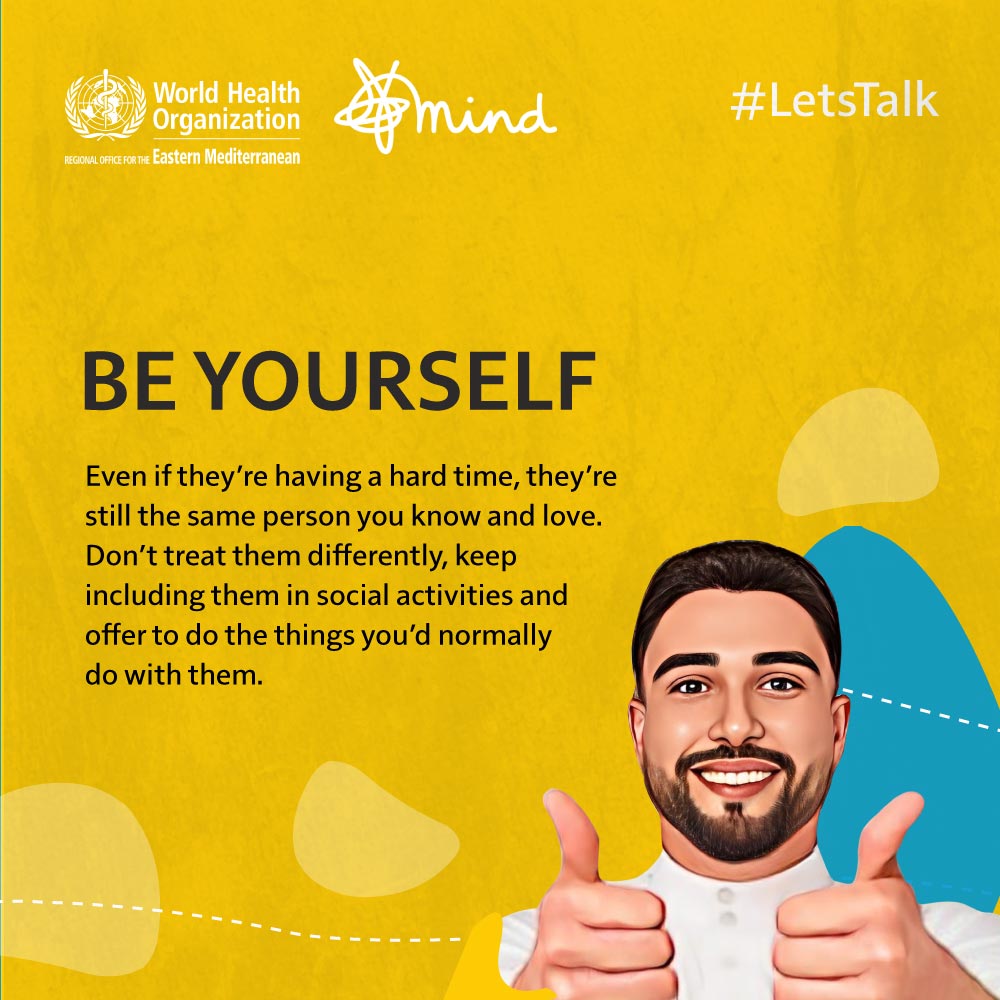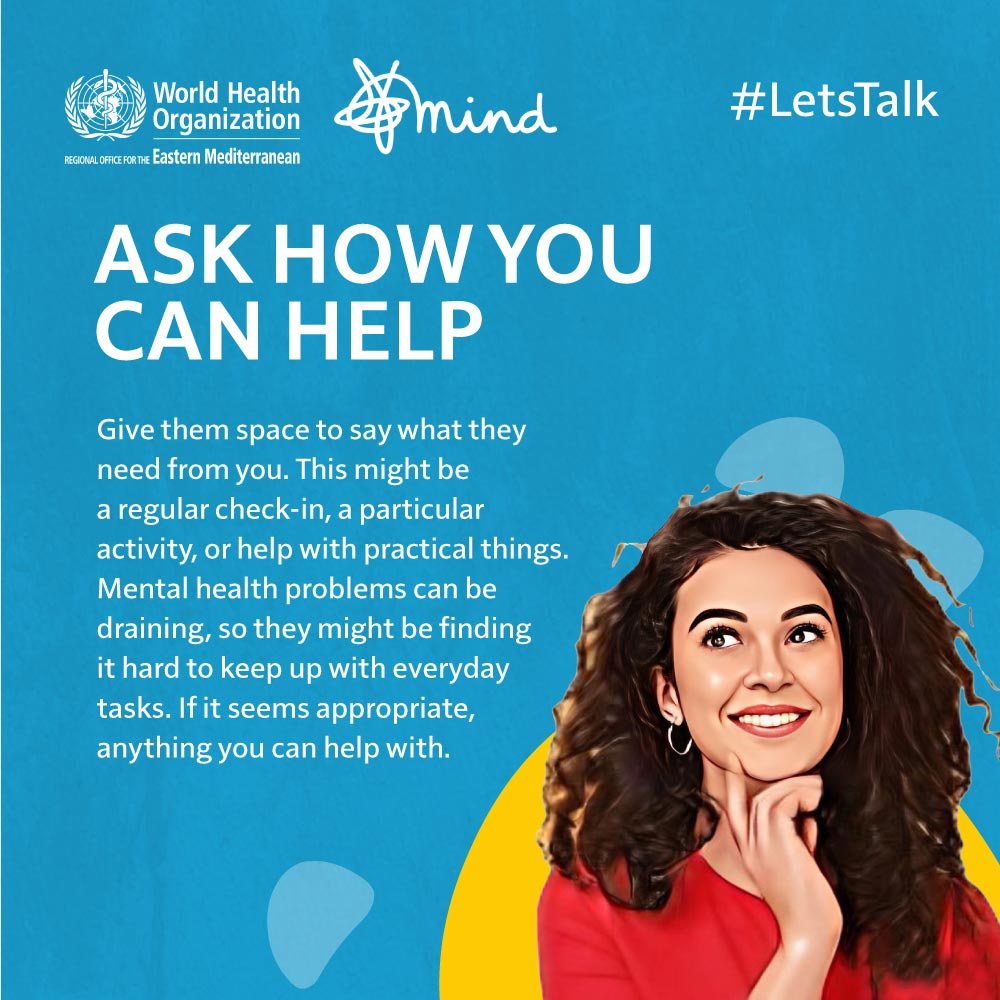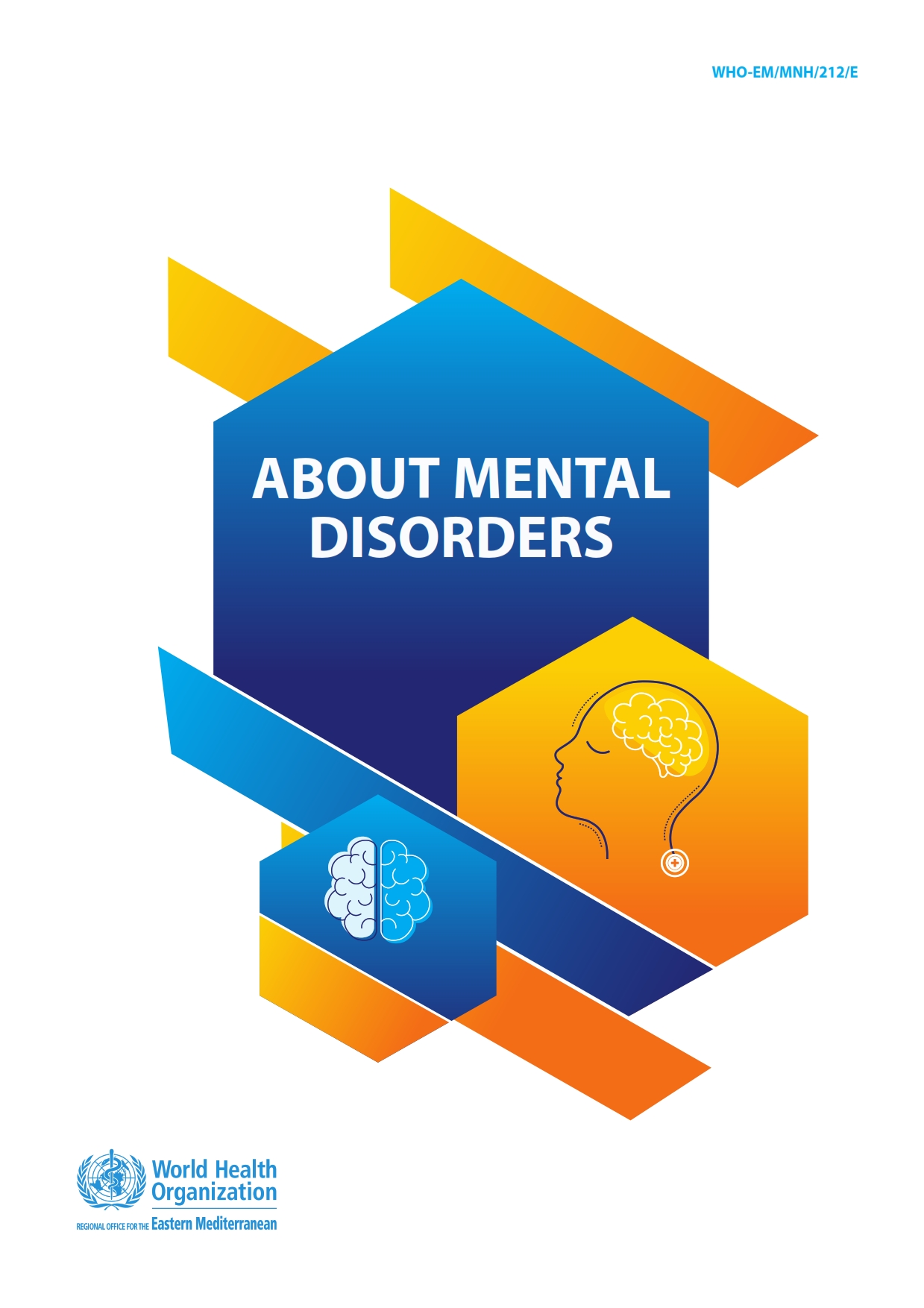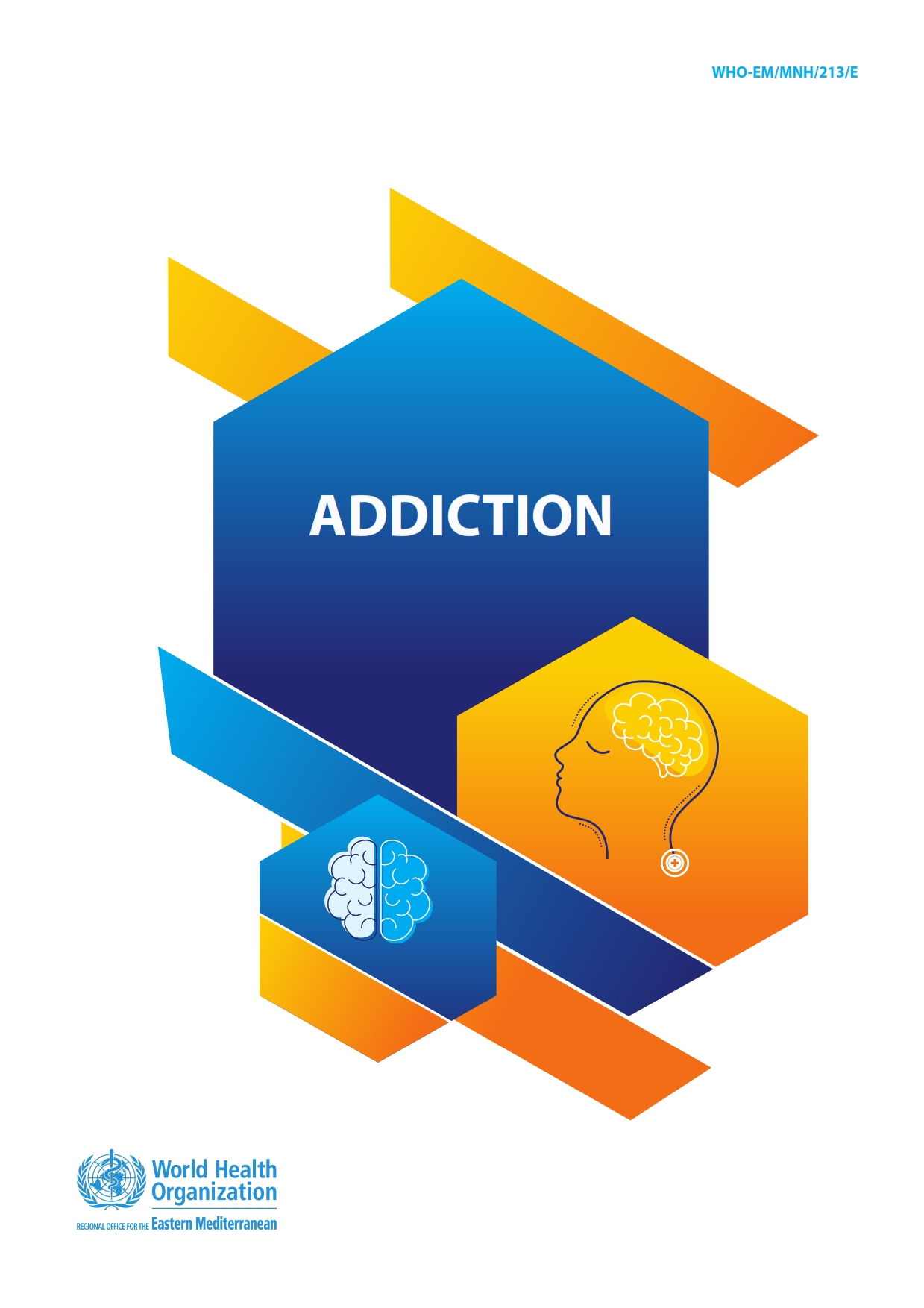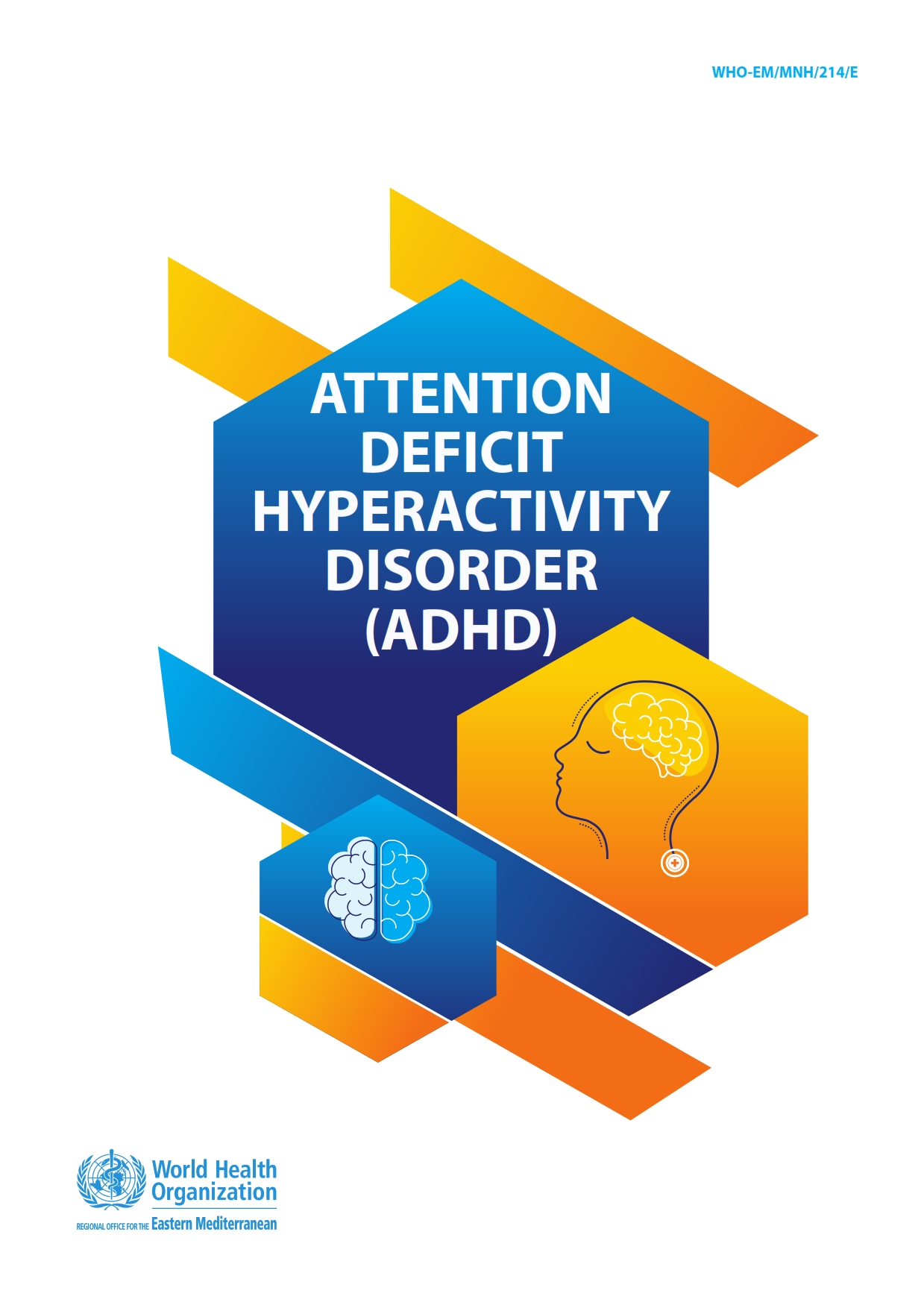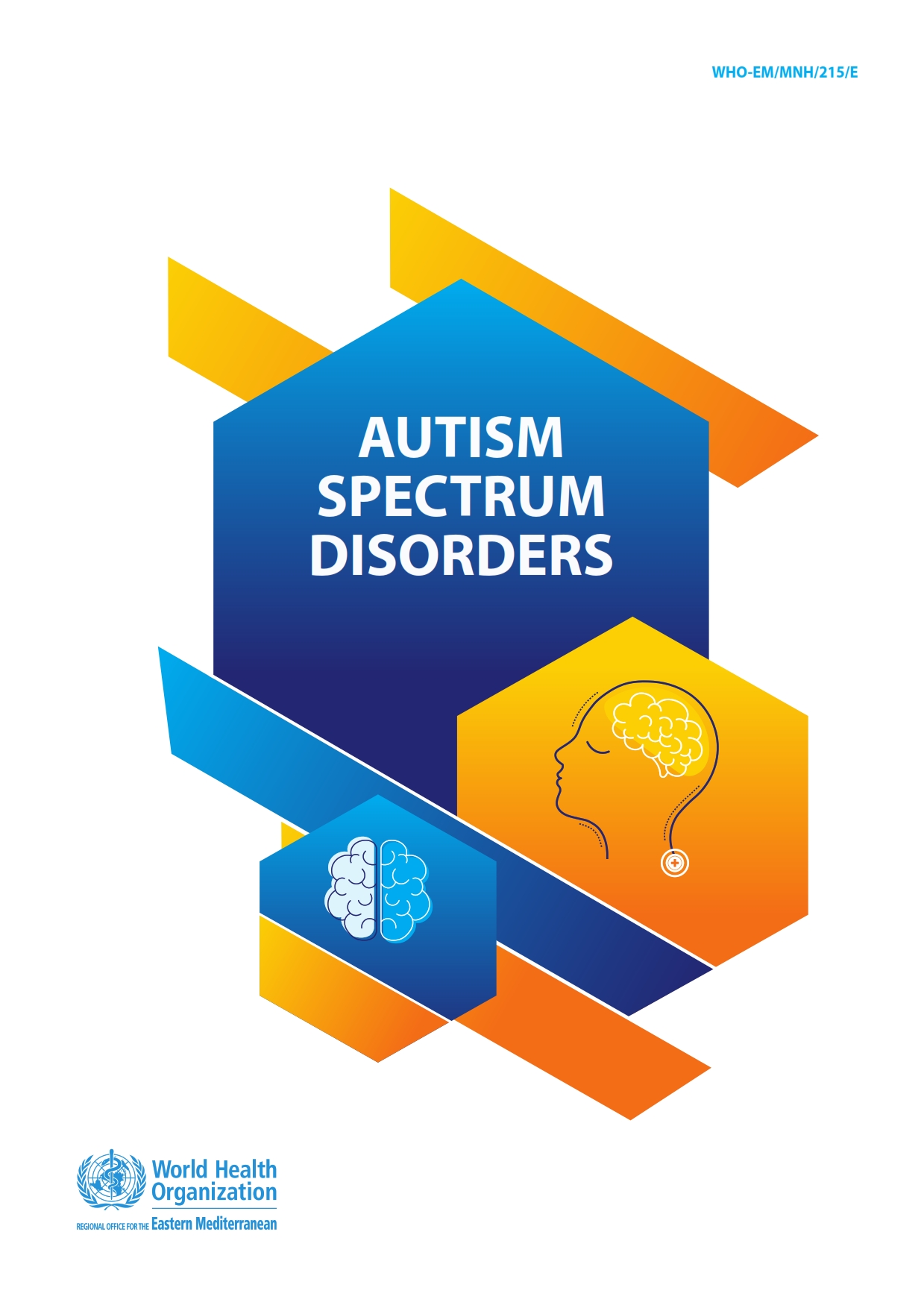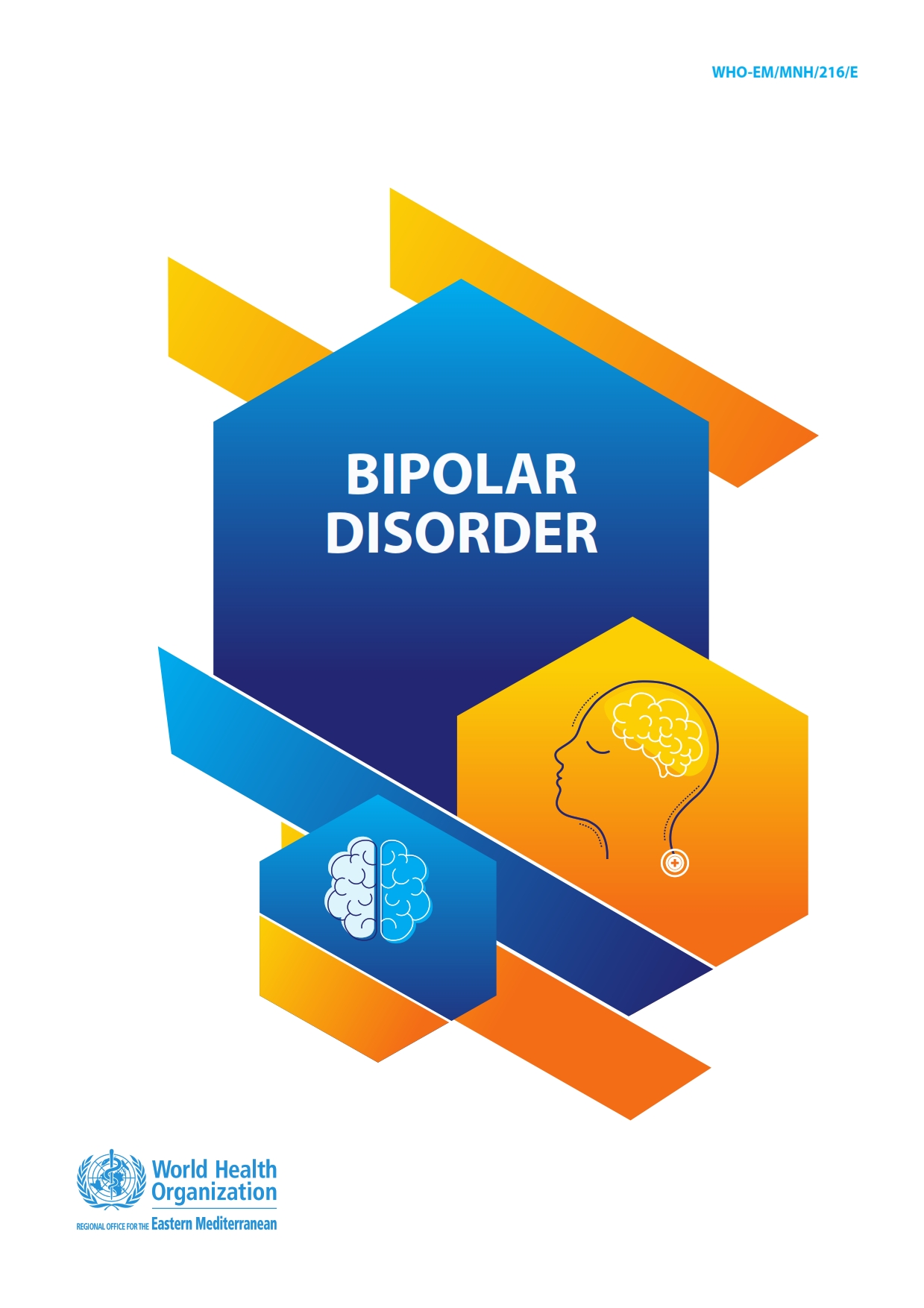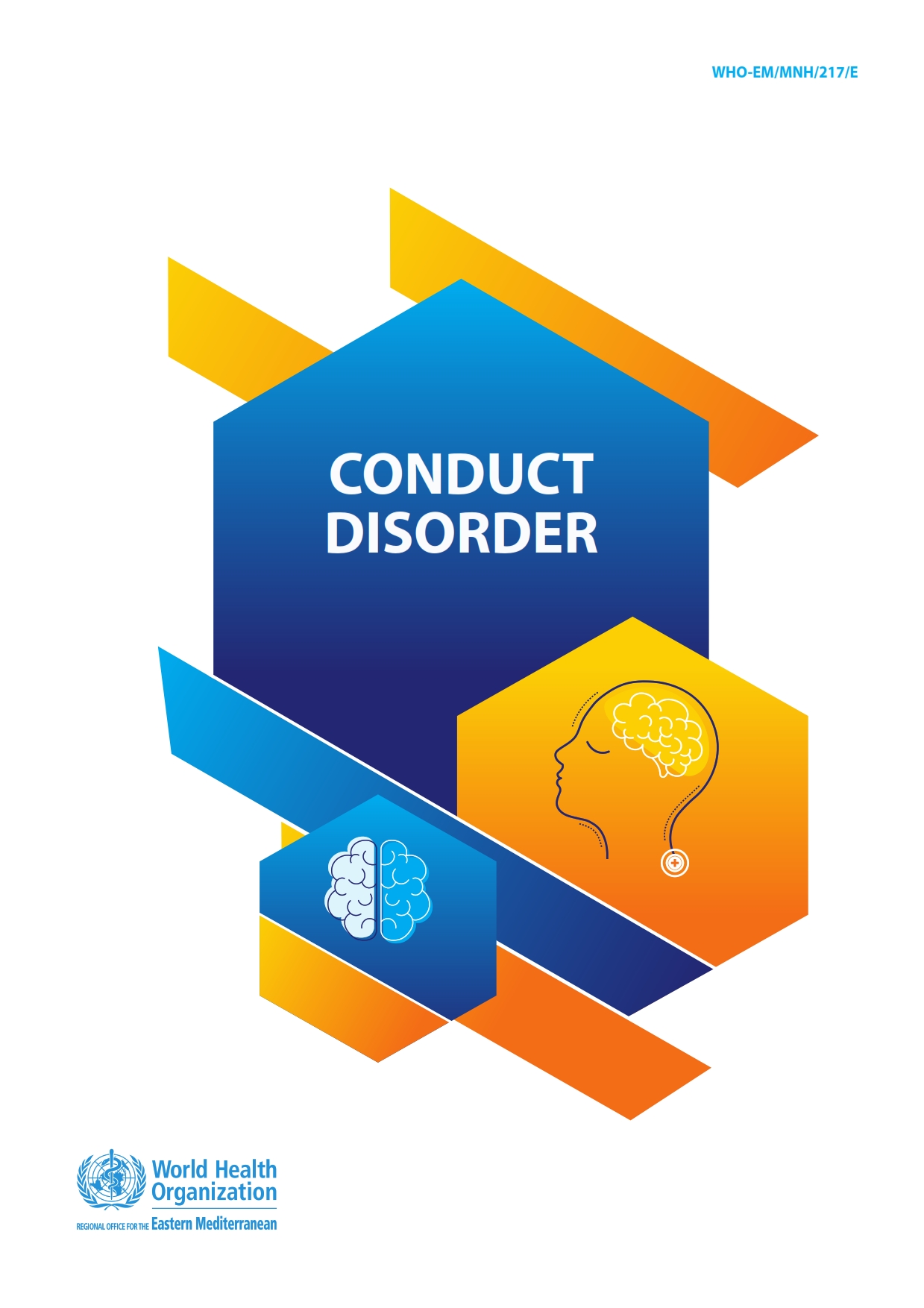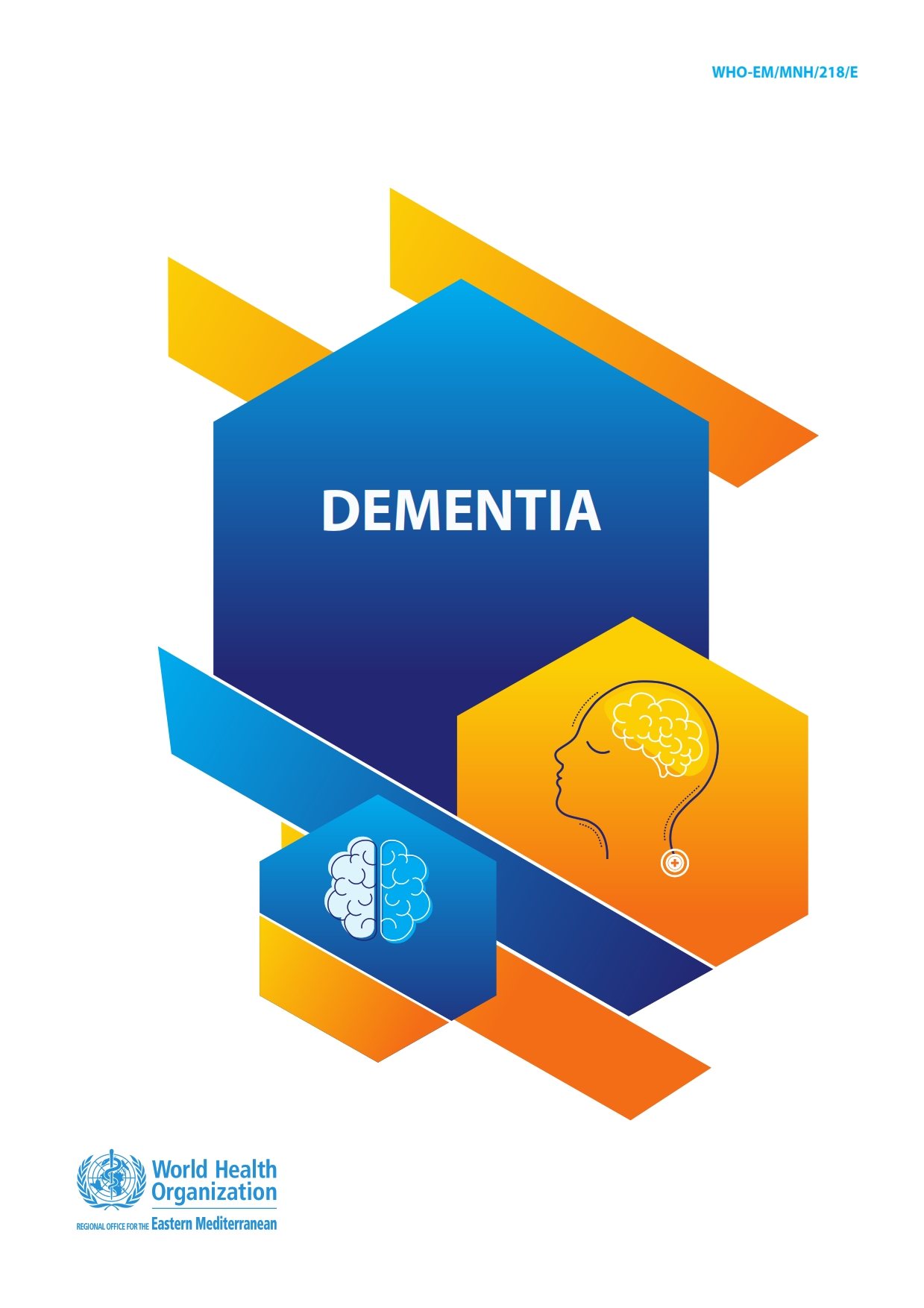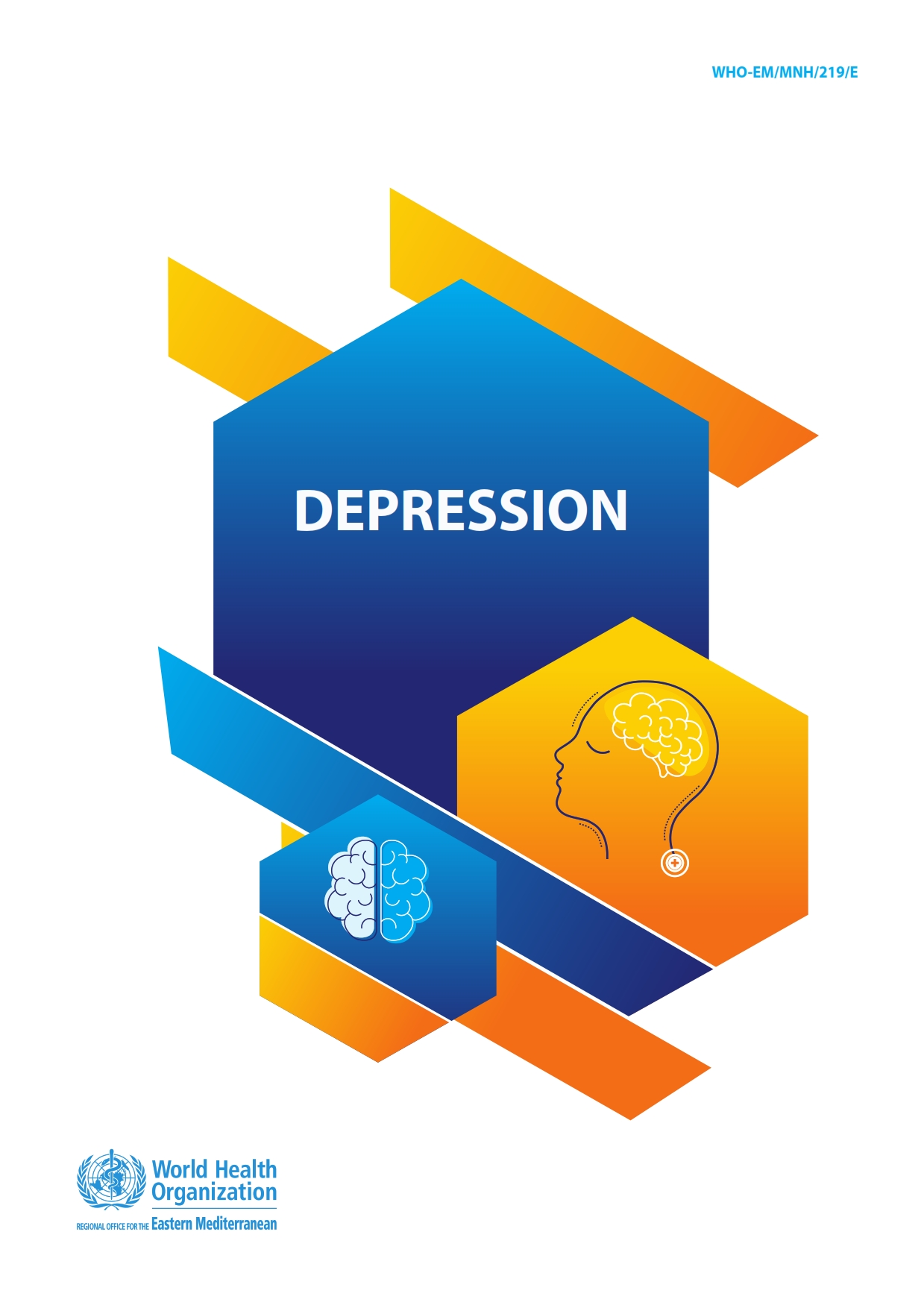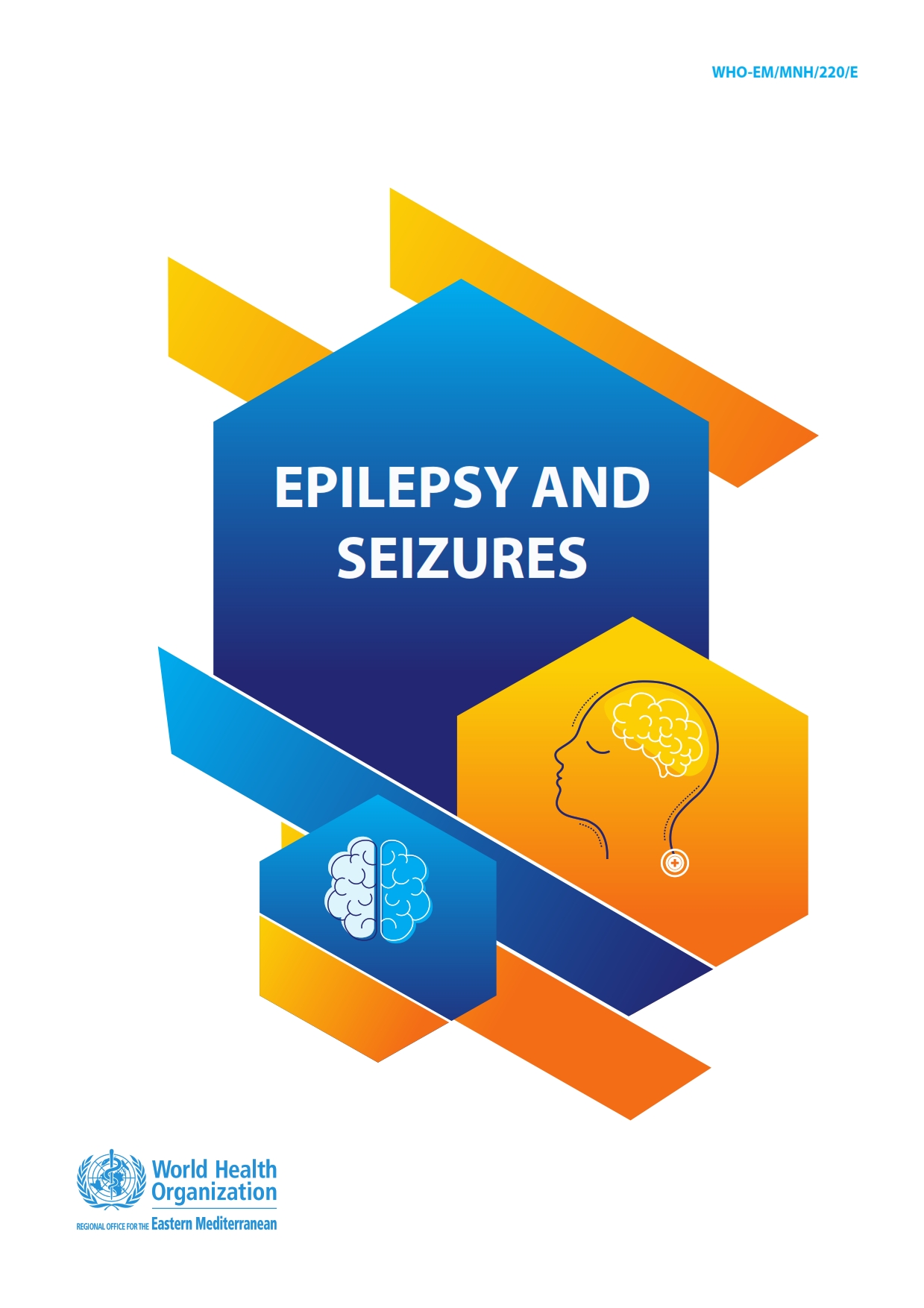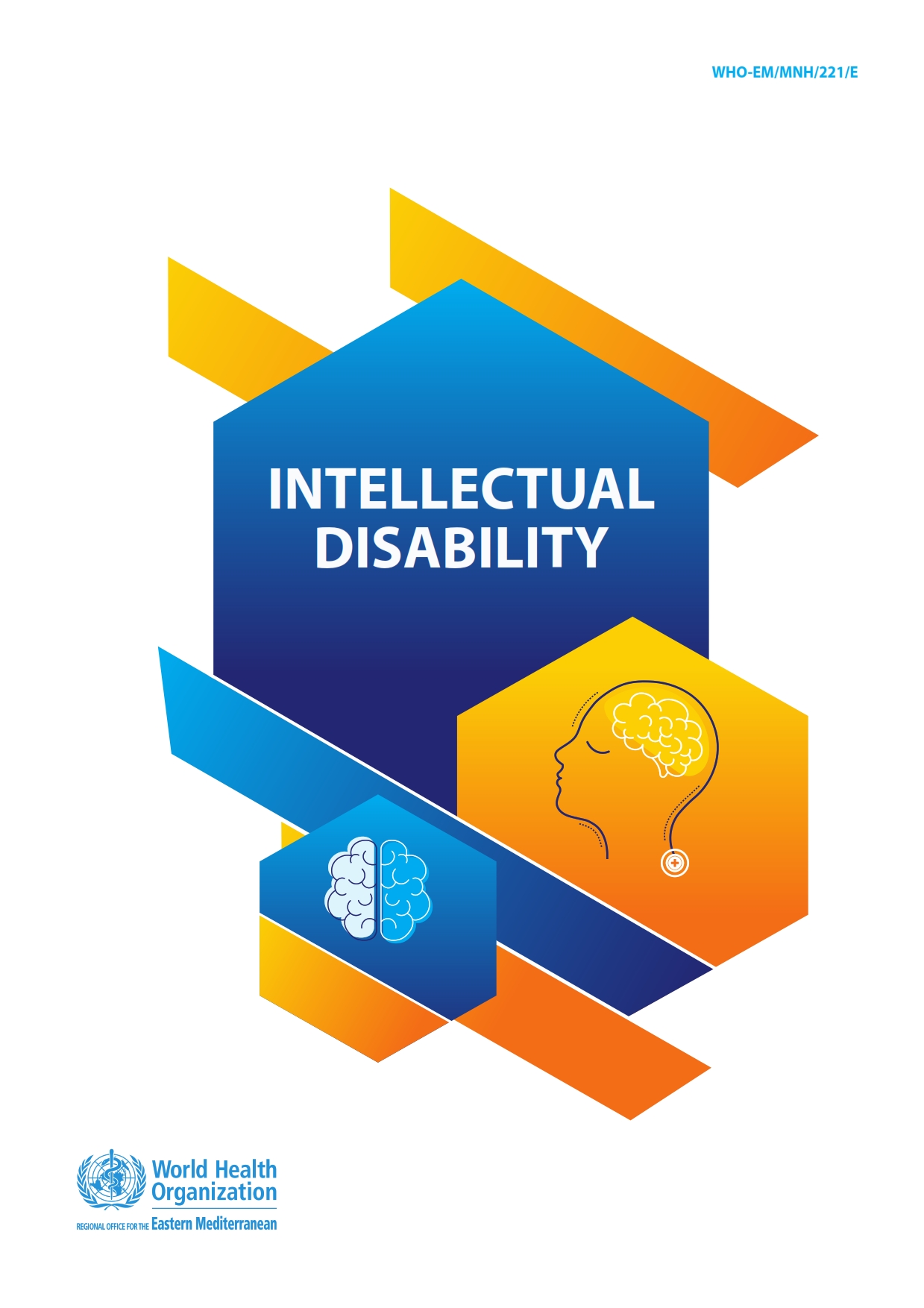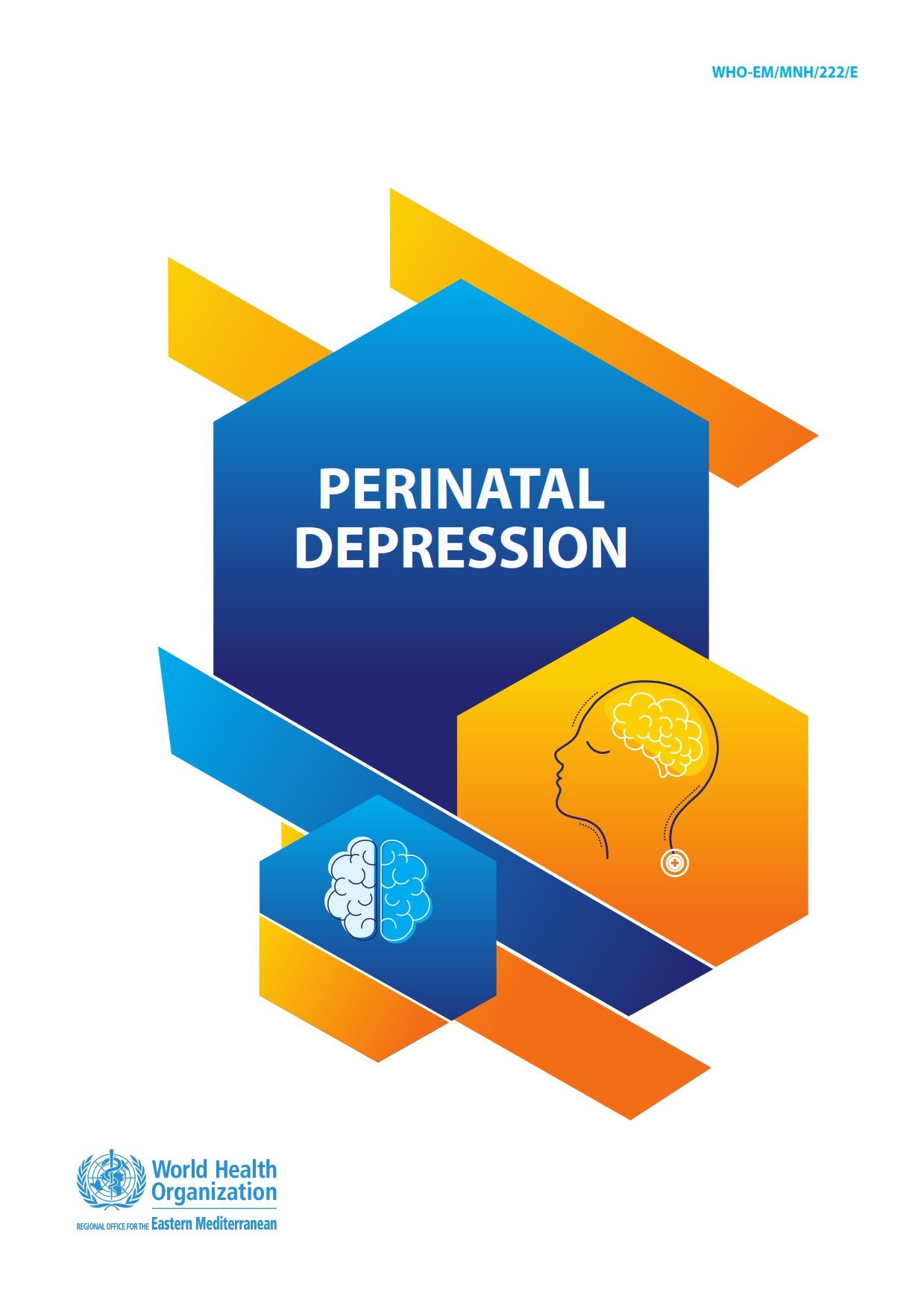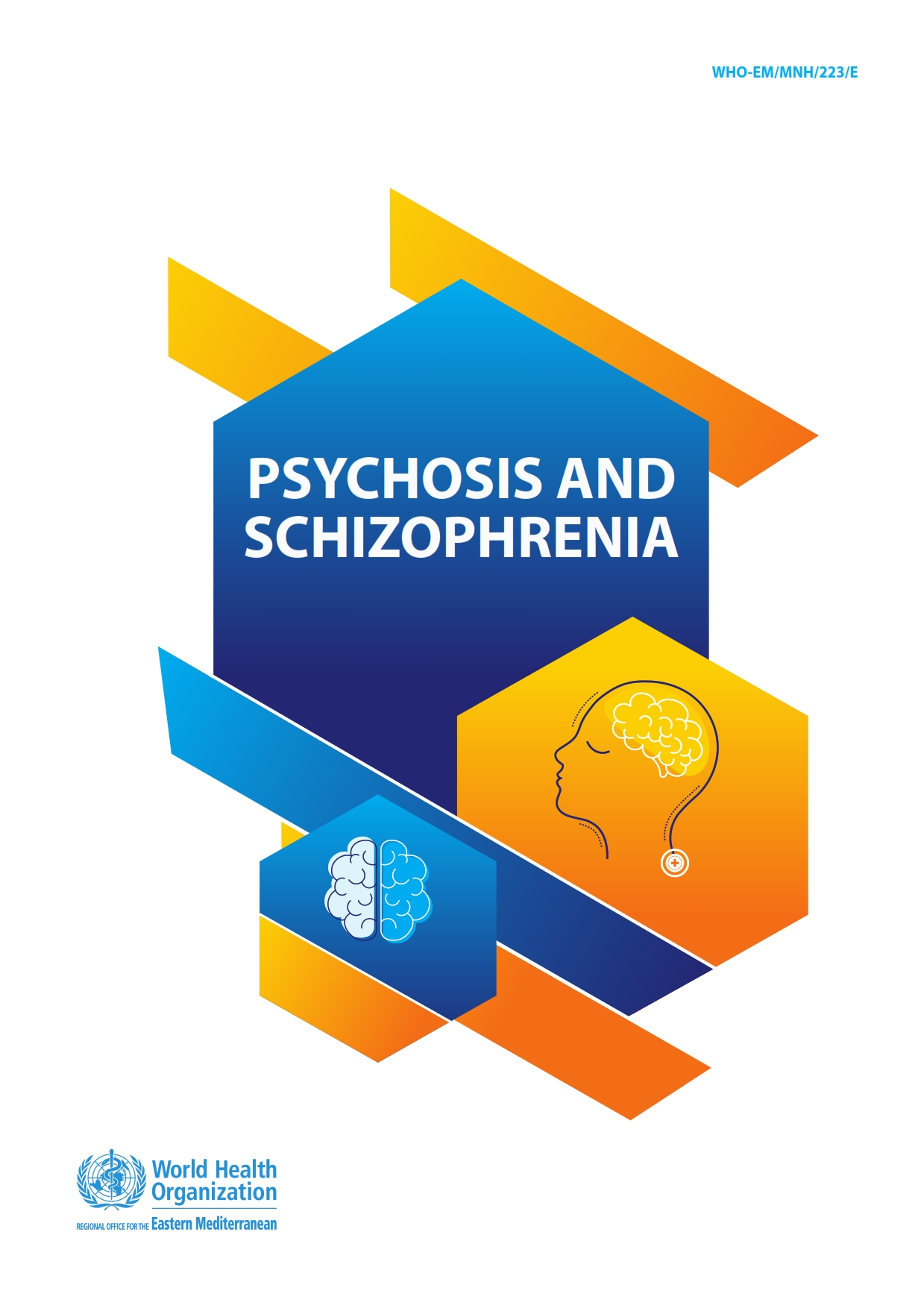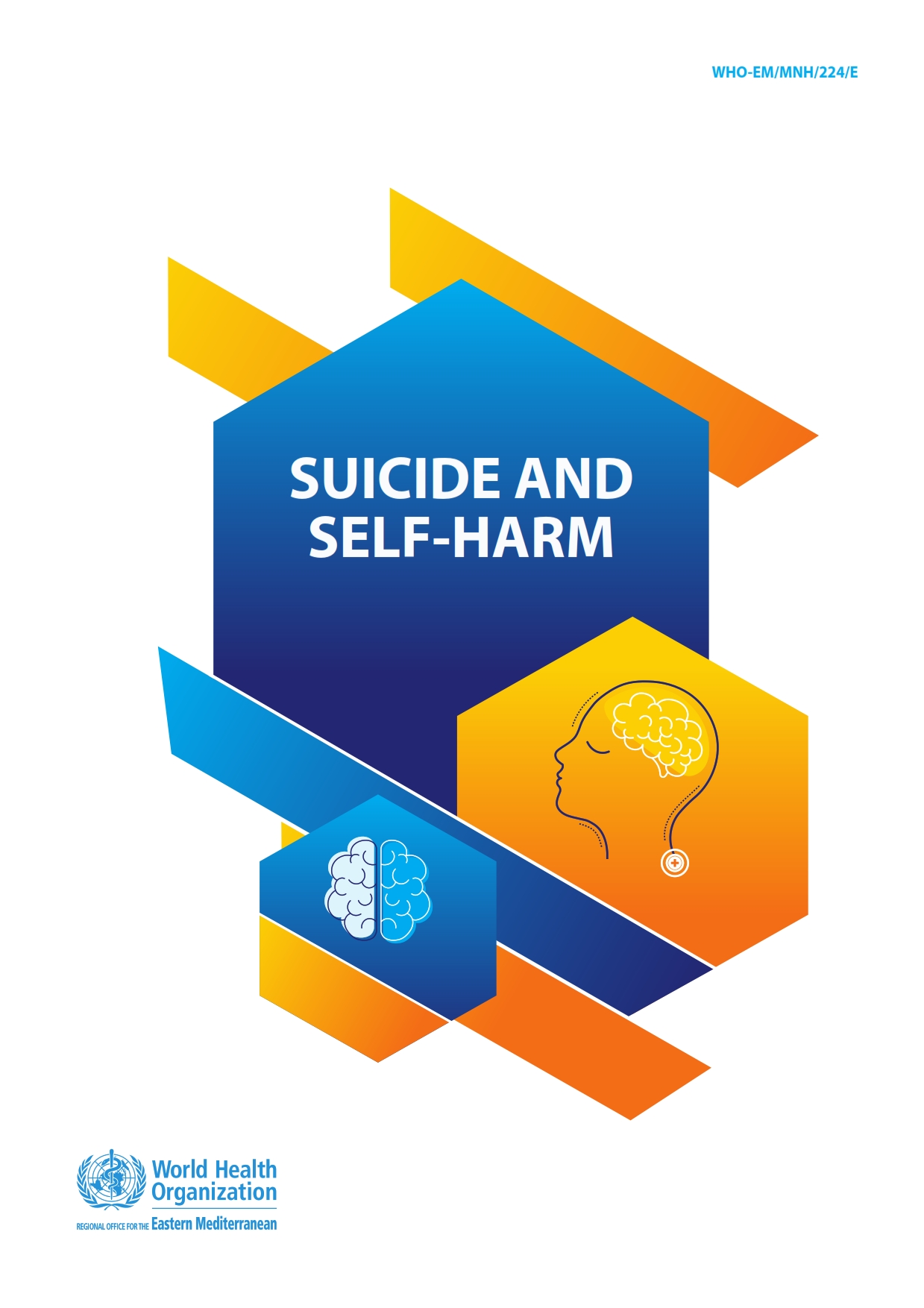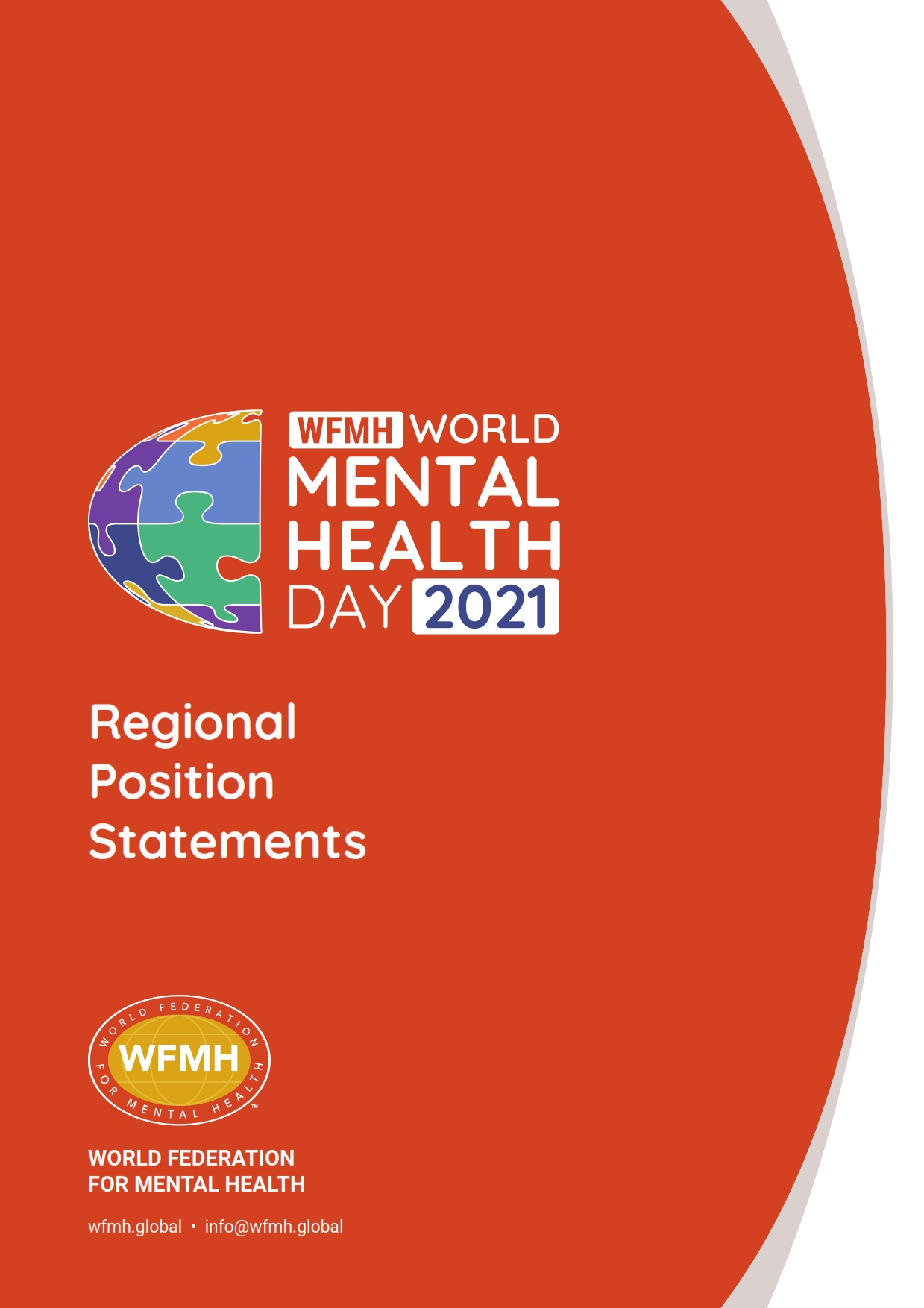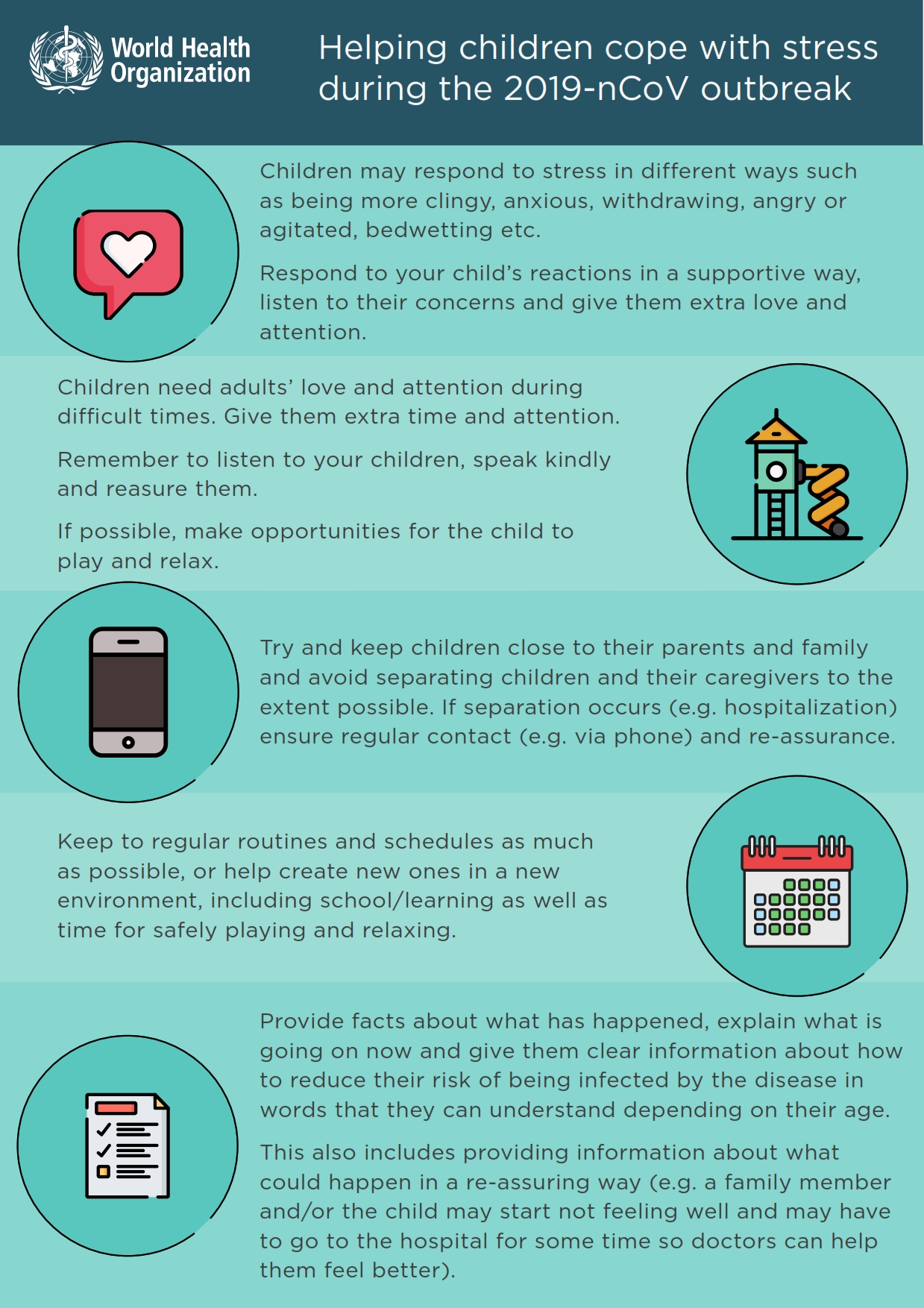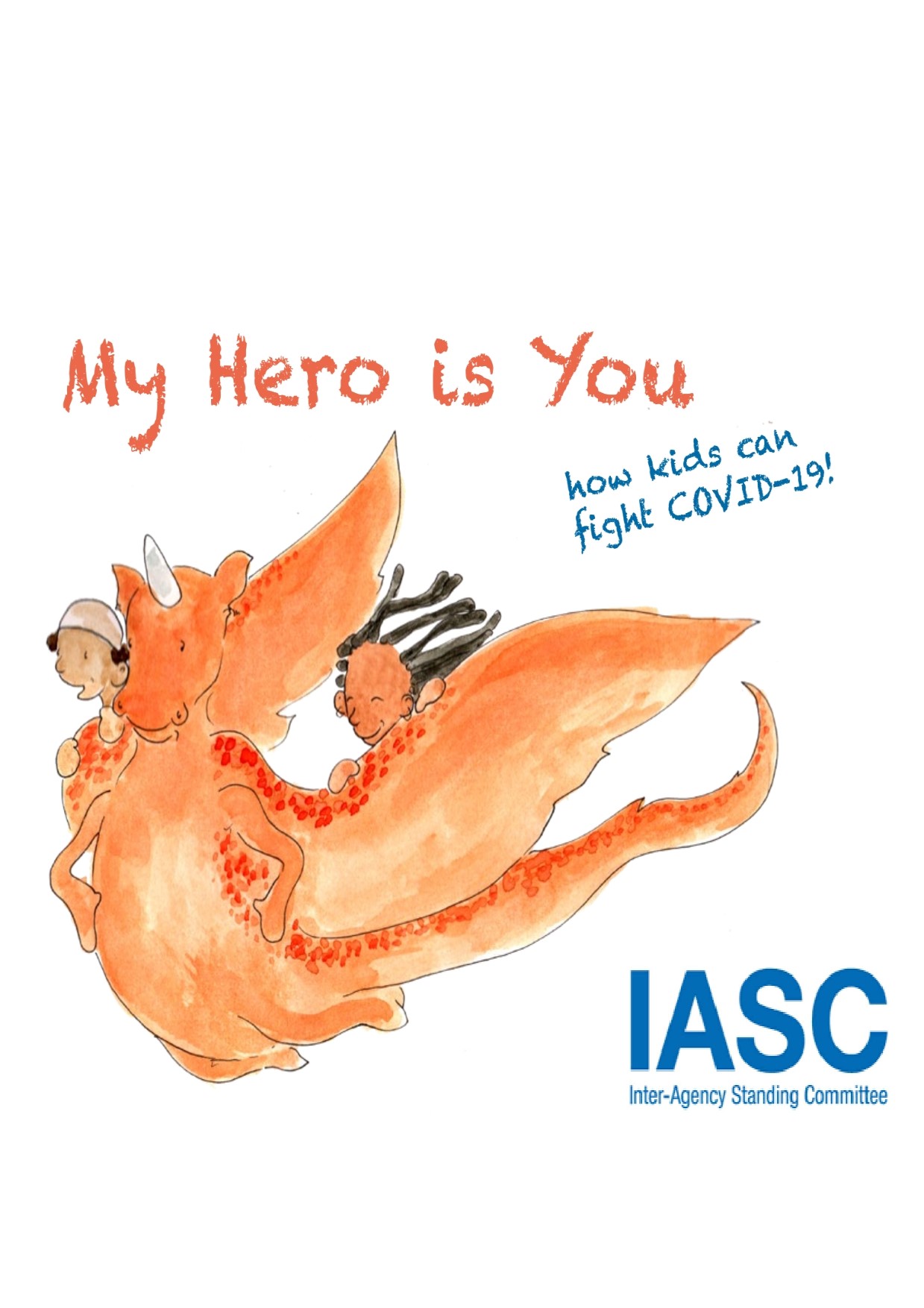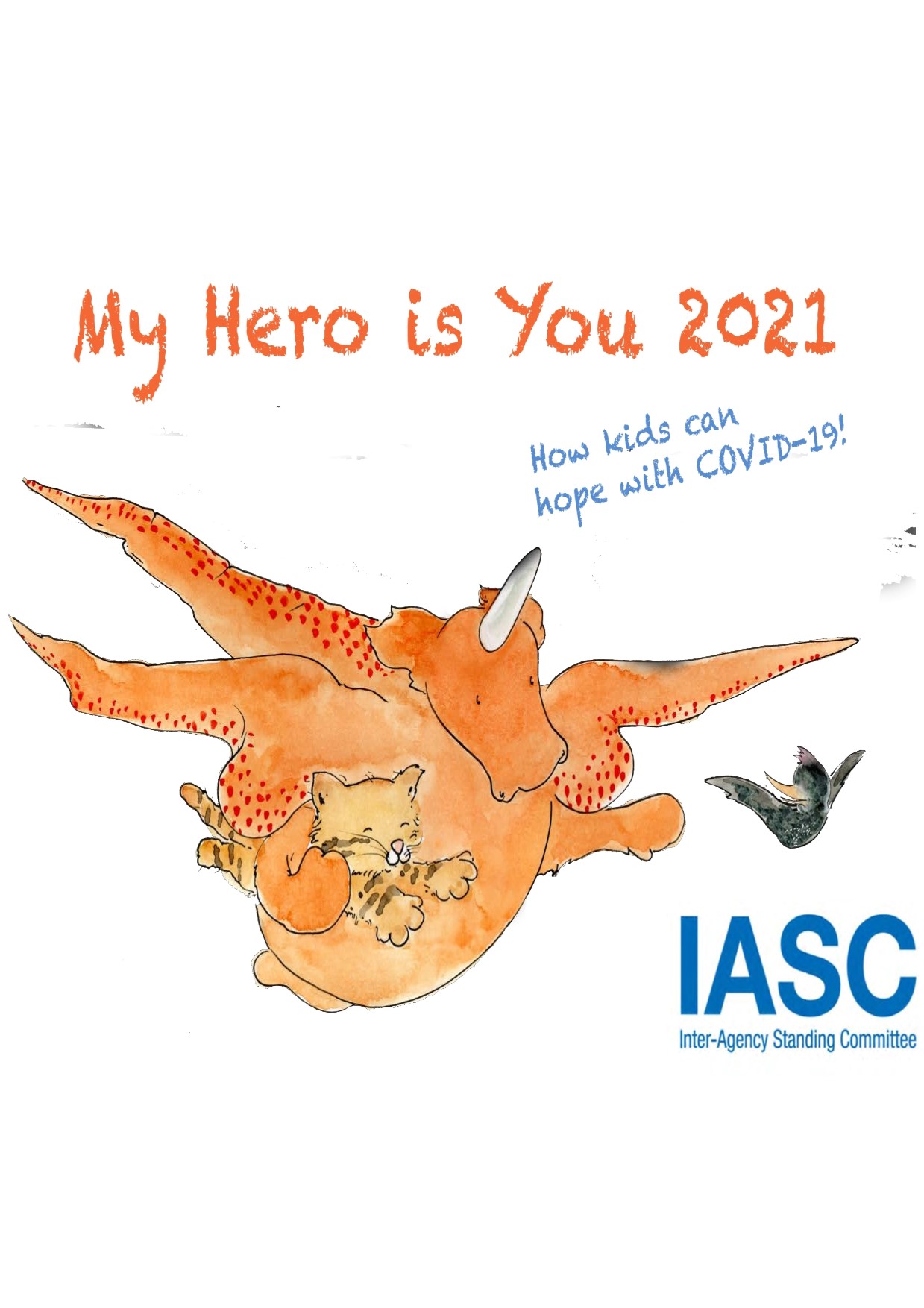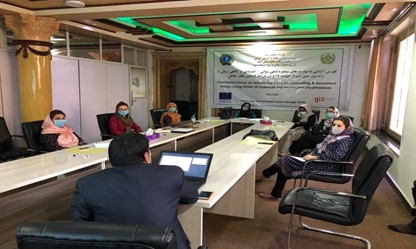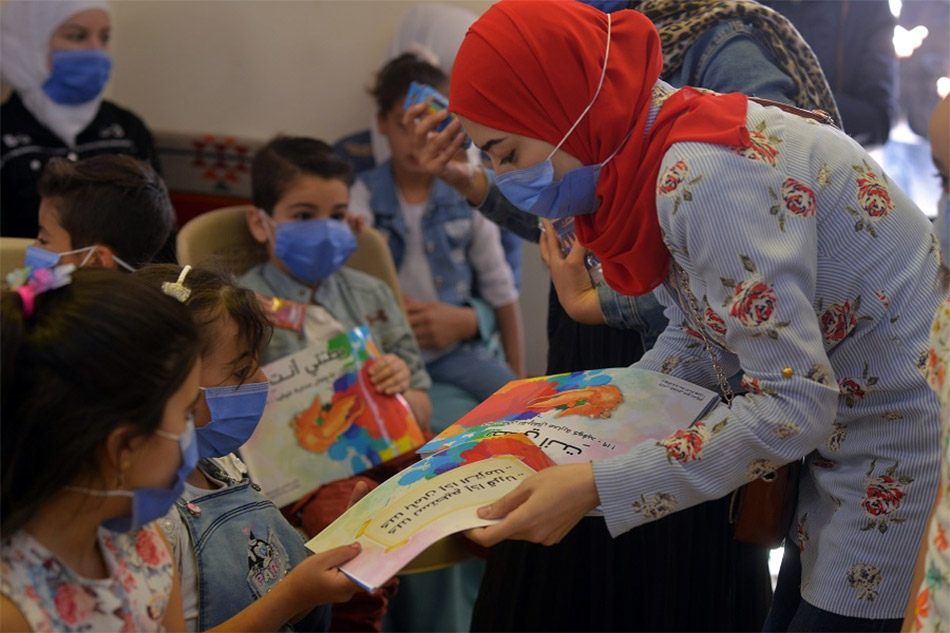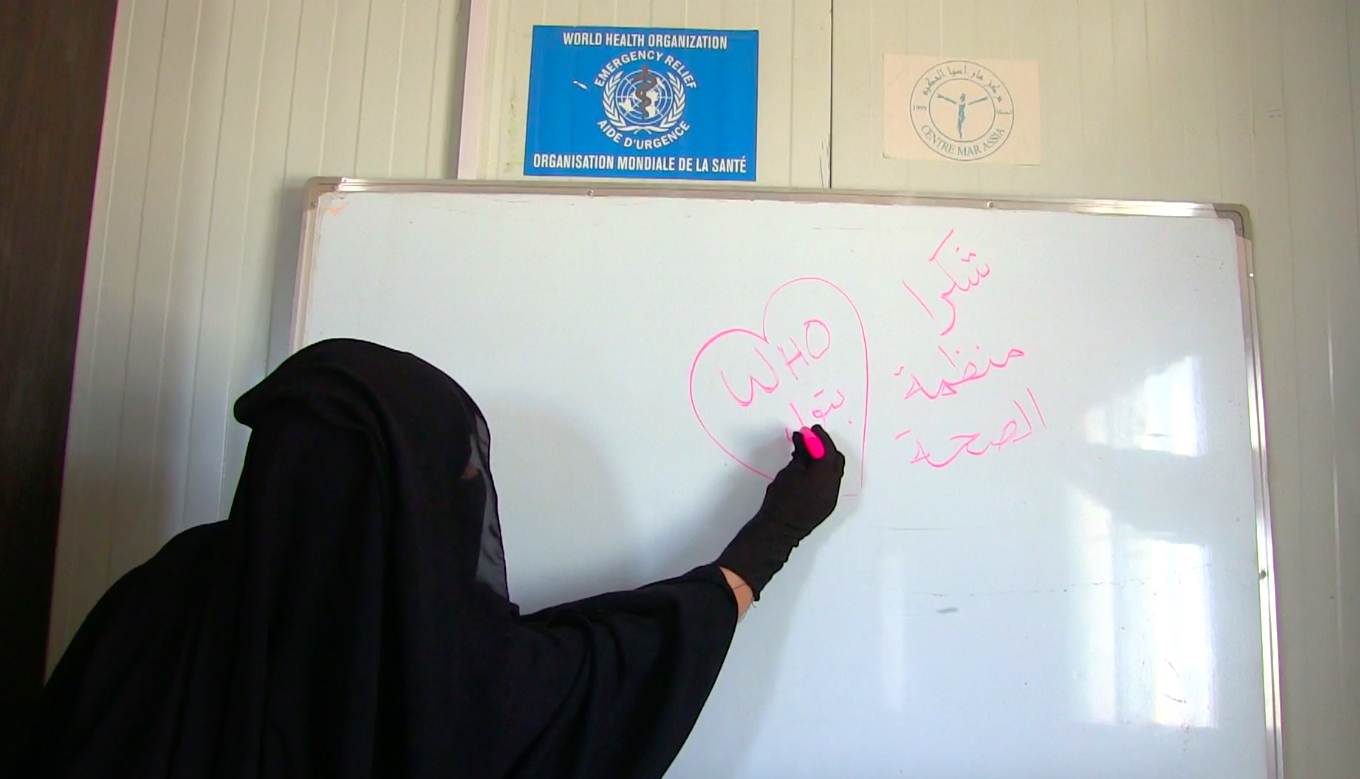Anti-stigma campaign
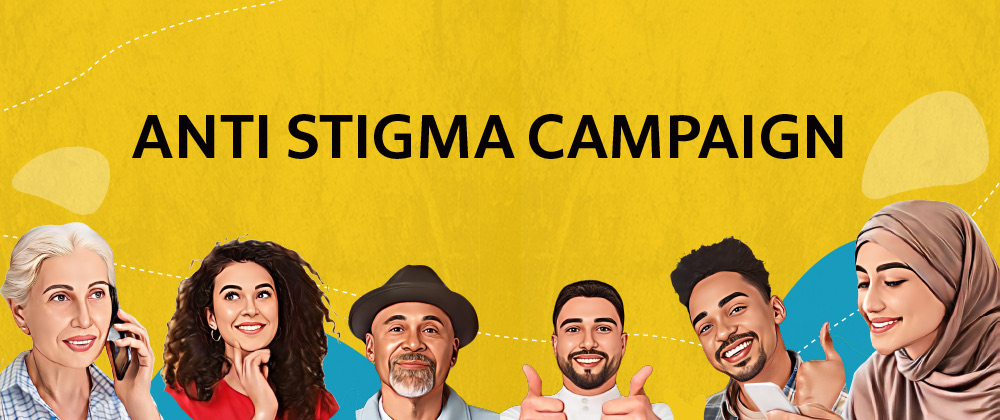
Mental health problems are among the top 10 leading causes of disease burden worldwide and the single largest contributor to years lived with disability. At any given time, one person in every 10 is suffering from a mental health problem, and more than 20% of people who have experienced an emergency are estimated to be suffering from a mental disorder such as depression, anxiety, or post-traumatic stress disorder. Mental health conditions also have substantial economic and social costs, potentially affecting the developmental and security trajectories of entire countries. However, the investment and resources allocated to mental health remain extremely inadequate: only one person in five living with major depressive disorder in high-income countries, and one in 27 in lower middle-income countries, receives minimally adequate treatment.
Pervasive stigmatizing attitudes and discriminatory practices underlie many structural and nonstructural impediments and contribute to gaps in governance, financial and human resources and legislation which limit the availability, accessibility and affordability of mental health services.
WHO is committed to fight misconceptions, stigma and discrimination surrounding mental health. WHO's Comprehensive Mental Health Action Plan 2013-2030 calls on Member States to adopt strategic interventions to reduce stigmatization, discrimination and human rights violations against people with mental health conditions. In response to the Mental Health Action Plan, at its 62nd session in 2015 the WHO Regional Committee for the Eastern Mediterranean endorsed a framework to scale up action on mental health in the Region. Among other things, the regional framework requests Member States to review legislation related to mental health in line with international human rights covenants.
Testimonial Videos for People with Lived Experience (PWLE) in the Eastern Mediterranean Region
The WHO Regional Office for the Eastern Mediterranean is launching a series of testimonial videos for people with lived experience (PWLE) to enhance mental health literacy.
The videos would serve as a powerful tool for countering stigma and discrimination and empowering people with lived experience to be equal partners in shaping policies and developing services for mental health and substance use disorders. WHO Regional and Country Offices developed the videos in close collaboration with civil society organizations (CSOs) and PWLE from different countries in the Region. The videos provide testimonies of hope and agency by sharing intensely personal experiences by individuals reminding everyone that we all have a role to play in making mental health a priority on global developmental and humanitarian agendas.
GIFs | Interactive mythbuster quiz
The stigma and discrimination around a mental illness can be more difficult than the illness itself: myth or fact
Arabic | French
There's not much you can do to help a friend experiencing a mental health problem: myth or fact
Arabic | French
GIFs | Personal stories
Instagram story static tiles | Interactive mythbuster quiz
Set 1
Instagram carousels | Mental health stigma tips
World Mental Health Day 2021
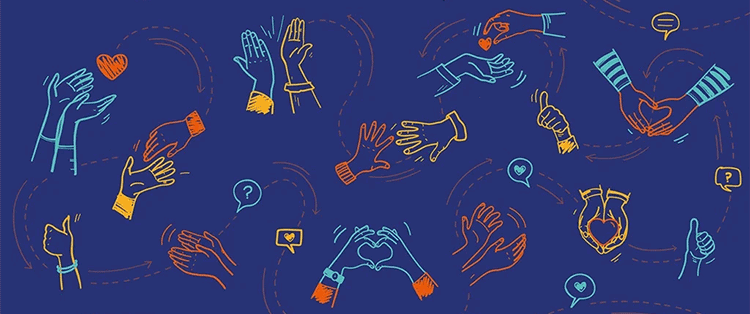
Mental health care for all: let's make it a reality
The COVID-19 pandemic has had a major impact on people’s mental health. Some groups, including health and other frontline workers, students, people living alone, and those with pre-existing mental health conditions, have been particularly affected. And services for mental, neurological and substance use disorders have been significantly disrupted.
Yet there is cause for optimism. During the World Health Assembly in May 2021, governments from around the world recognized the need to scale up quality mental health services at all levels. And some countries have found new ways of providing mental health care to their populations.
During this year’s World Mental Health Day campaign, we will showcase the efforts made in some of these countries and we will also provide materials, in different formats, of how to take care of your own mental health and provide support to others too. We hope you will find them useful.
Regional Position Statement
The Regional Position Statements are a series of statements produced by the World Federation for Mental Health in collaboration with WHO Regional Offices and other partners on the occasion of World Mental Health Day 2021. “Urgent action needed to scale-up mental health services in an unequal world” is the region-specific statement for the Eastern Mediterranean. It aims to outline the risks and challenges relating to mental health in an unequal world, providing practical and inclusive recommendations designed to correct the apathy and neglect of the past decades to support bringing mental health into the mainstream of public health.
This regional position statement contains nine sections: (1) background; (2) introduction; (3) the challenges and the need; (4) capitalizing on opportunities; (5) proposed region-specific actions; (6) proposed country-specific actions; (7) proposed actions for individuals; (8) implementing challenge; and (9) summary and conclusion.
Efforts made in countries: new ways of providing mental health care
The interruption of mental health services caused by the pandemic occurred on a previously unimagined scale, with many health facilities switching to dealing with COVID-19 patients. However, this challenge has inspired great innovation from countries around the Region. They have found new ways of providing mental health care to their populations to reduce the interruption in mental health services and bridge the gaps we face. Innovations include hotlines, online assistance, mobile phone apps, and many more.
Let’s keep working together, public and private sector, people and technology, to make mental health care for all a reality.
Materials
Please browse through and engage with our materials, from updates, documents and training courses to our social media materials and videos. Please use our materials, provided in different formats, to take care of your own mental health and provide support to others too. We hope you will find them useful.
Pointers to help your children cope with stress
Here are some pointers about how you can help your children cope better with stress in the context of COVID-19 and beyond.
Explain to them what is happening.
Give them new ways of thinking about their feelings so that they don’t feel overwhelmed or afraid.
Give them the confidence to feel that they are safe.
Listen to them, comfort them, give them affection, reassure them that they are safe, and praise them frequently.
Play and read with them to help them relax.
Stick to their regular routines, especially before bedtime because children find comfort in routines.
Explain to them that they need to do simple things to protect themselves and others like:
staying at home when they are sick
washing or sanitizing their hands more often
coughing or sneezing into their flexed elbow or tissue and disposing of the tissue immediately
keeping a distance of at least 1 metre from others
wearing a mask if mandated or when physical distancing is not possible
greeting people with a wave, nod, or hand on heart
not stigmatizing others who may have been exposed to COVID-19
being welcoming, respectful, inclusive, and supportive to all
Take care of yourself
One of the most important things you can do is to remember to take care of yourself. You can’t take care of your children if you don’t. We have resources to help you. Try our online mental health and psychosocial support platform. You’ll find information about stress and how it affects us, and exercises you can try to relieve this stress. It also has contact information for mental health experts in your country. Talking can help and these people are here to help you.
Stay informed about COIVD-19
COVID-19 is a disease caused by a new strain of coronavirus. While a lot is still unknown about the virus that causes COVID-19, we do know that:
COVID-19 symptoms can include fever, cough, and shortness of breath.
COVID-19 is transmitted through direct contact with respiratory droplets of an infected person (generated through coughing and sneezing).
Individuals can also be infected from touching surfaces contaminated with the virus and touching their face (e.g., eyes, nose, mouth).
We know it is possible for people of any age to be infected with the virus. Gather information that will help you accurately determine your risk so that you can take reasonable precautions. Stay informed about COVID-19 symptoms, complications, transmission, prevention from credible sources.
Efforts made in countries: new ways of providing mental health care
Afghanistan ensures continuity of mental health and psychosocial support services during the COVID-19 pandemic
Iran provides mental health and psychosocial support services to people dealing with complicated grief and those experiencing loss during the COVID-19 pandemic
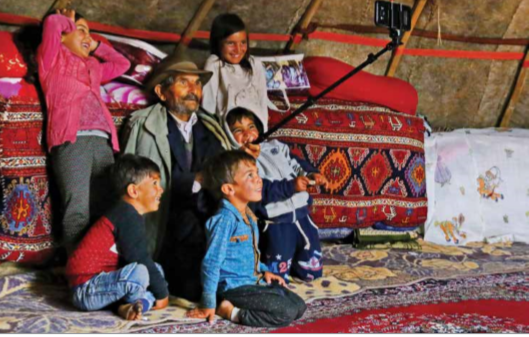
Jordan meets increasing demand for mental health and psychosocial support services during the COVID-19 pandemic through planning and collaboration
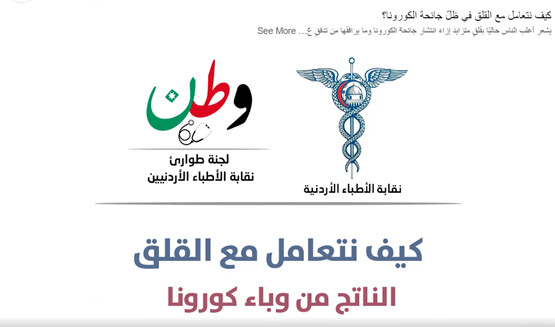
Kuwait launches novel initiatives to improve access to mental health care during the COVID-19 pandemic
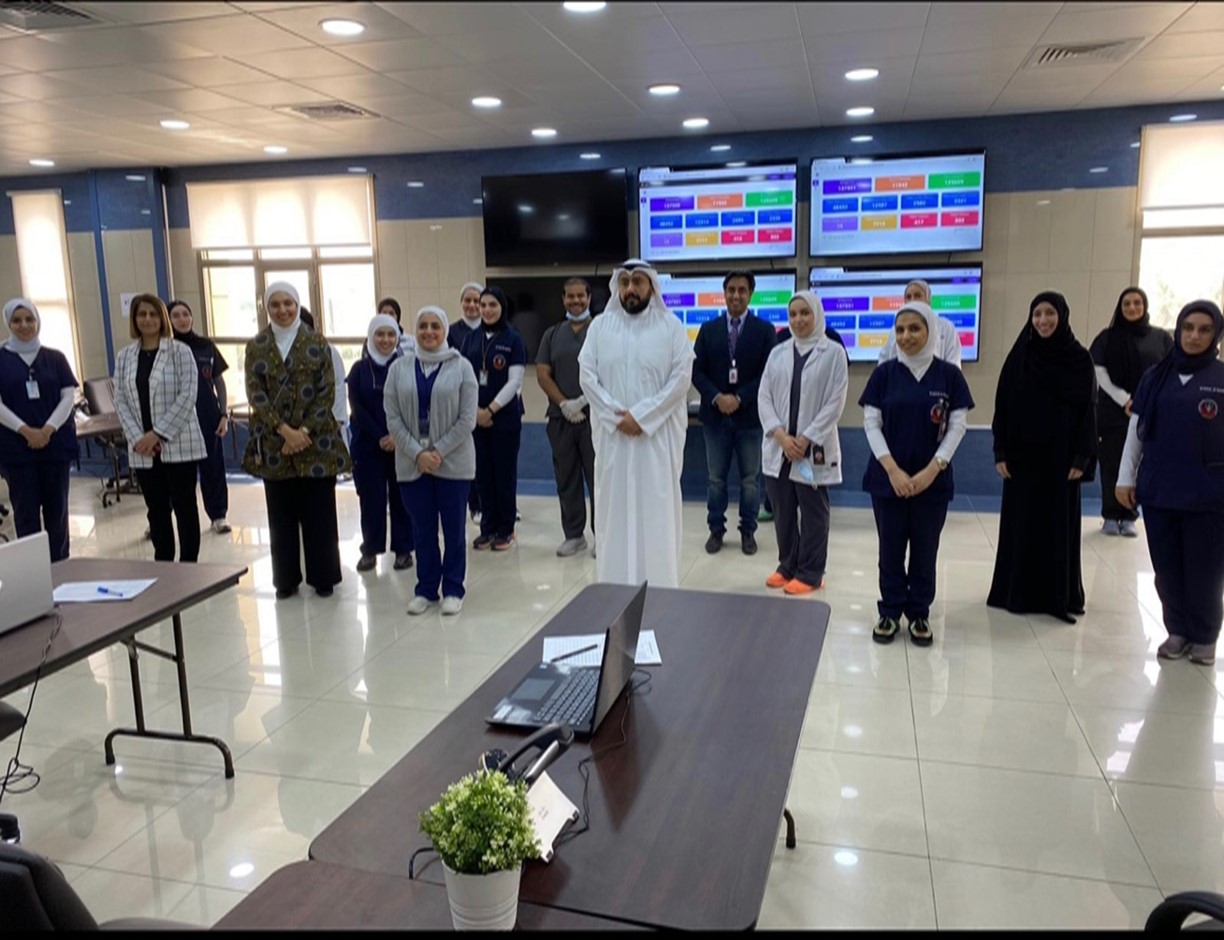
Lebanon addresses mental health needs of all populations during the COVID-19 pandemic
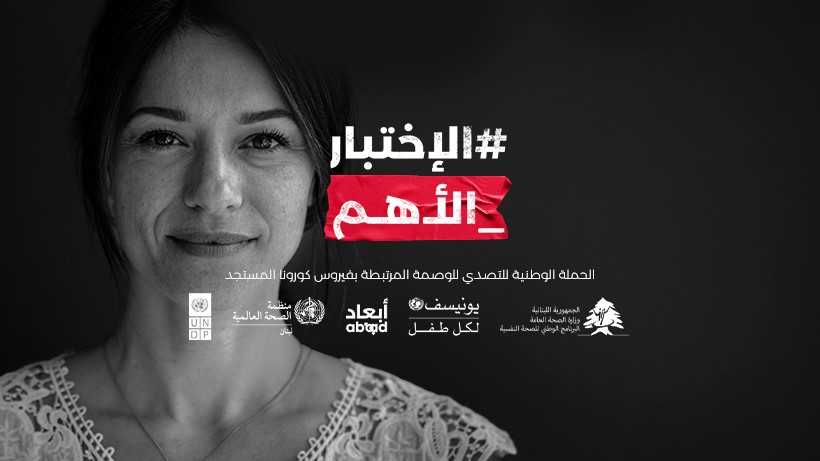
Morocco state and non-state actors collaborate to provide mental health and psychosocial support services during the COVID-19 pandemic
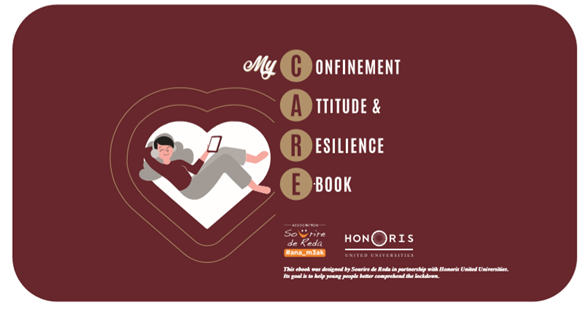
Oman caters to people’s varying mental health needs during the COVID-19 pandemic through various remote services
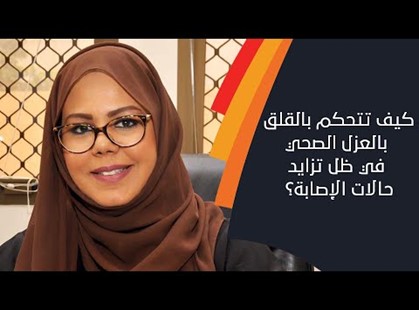
Sudan ensures provision of mental health and psychosocial support services during the COVID-19 pandemic at state and federal levels through multisectoral action
